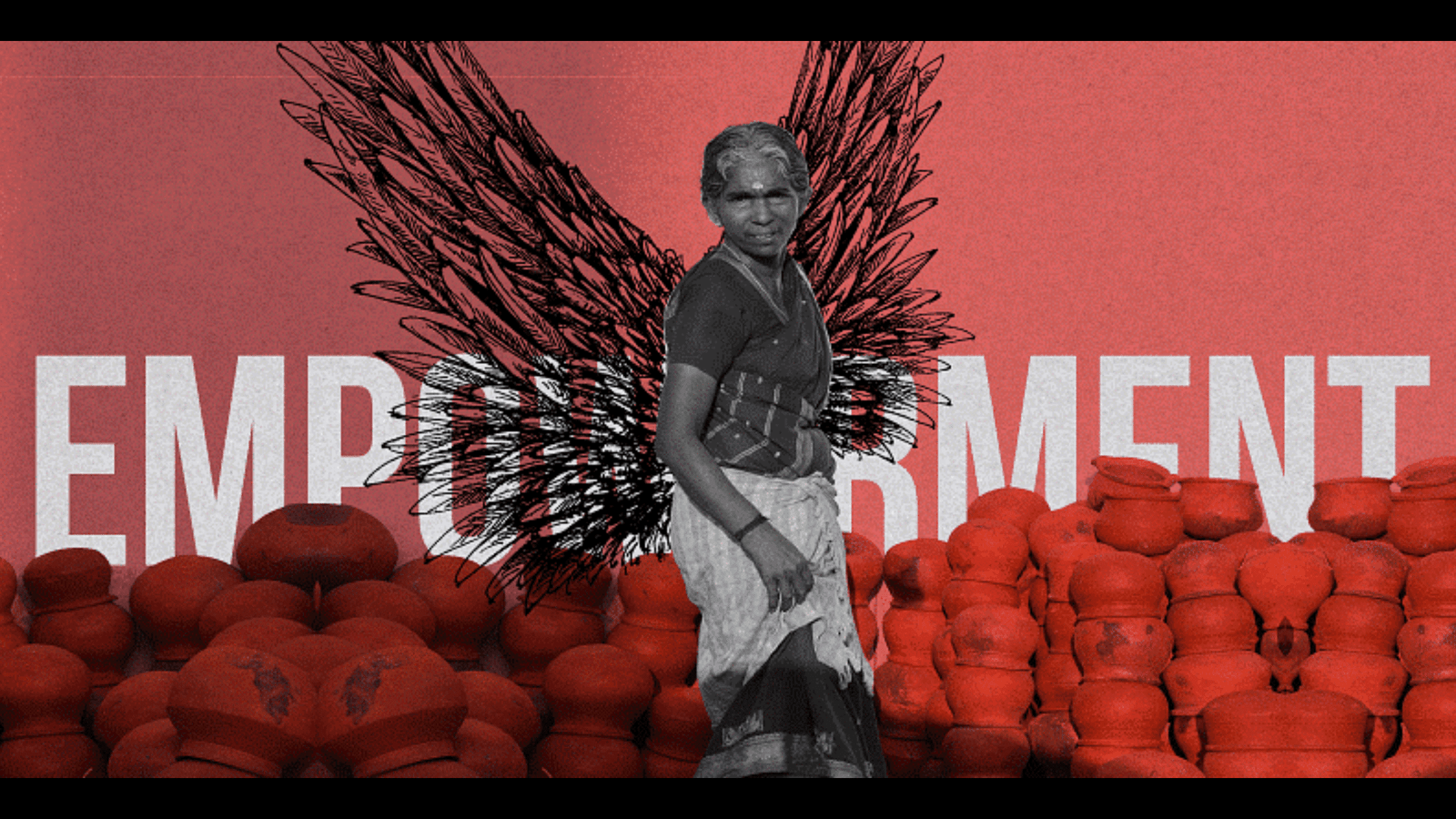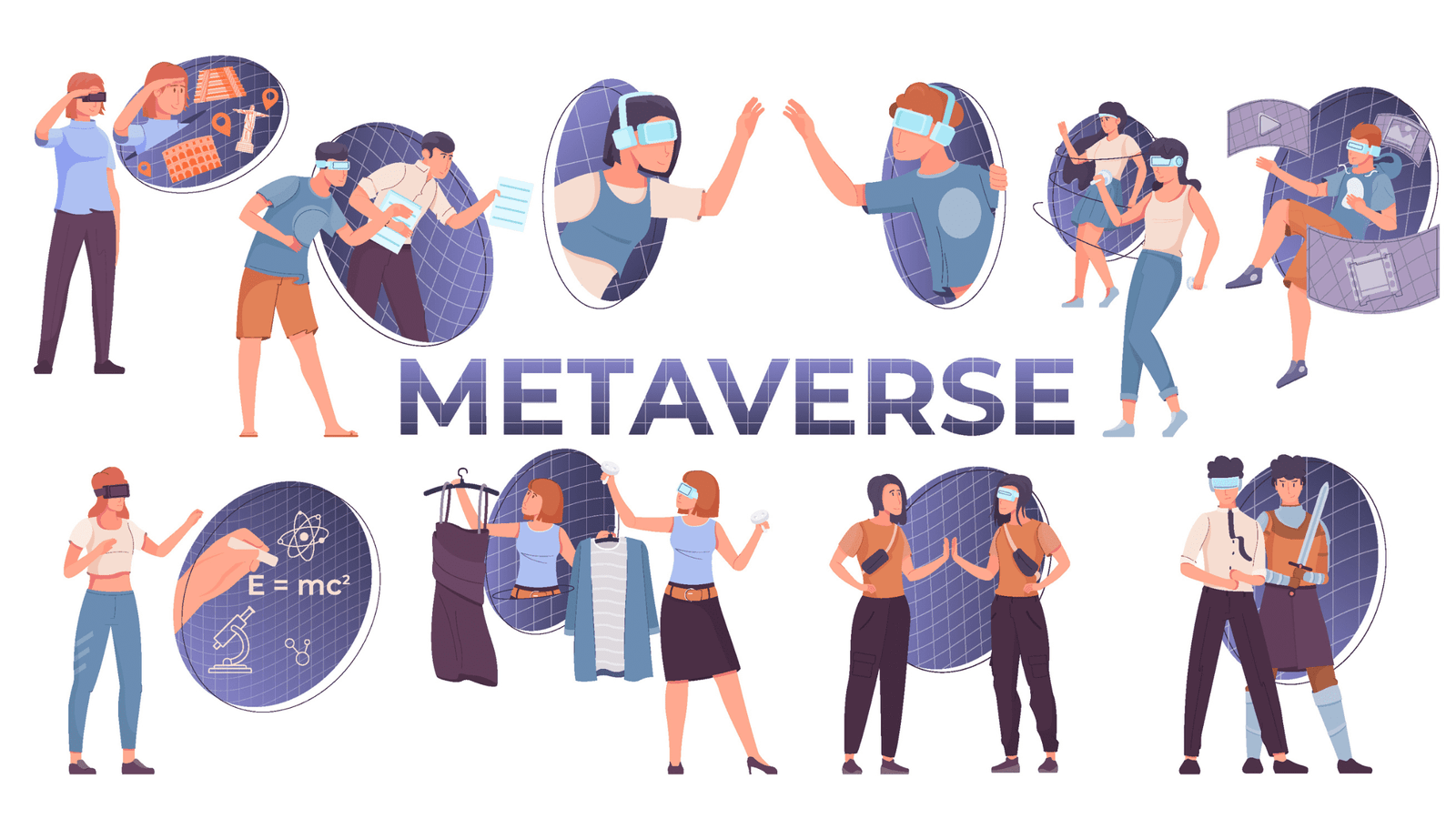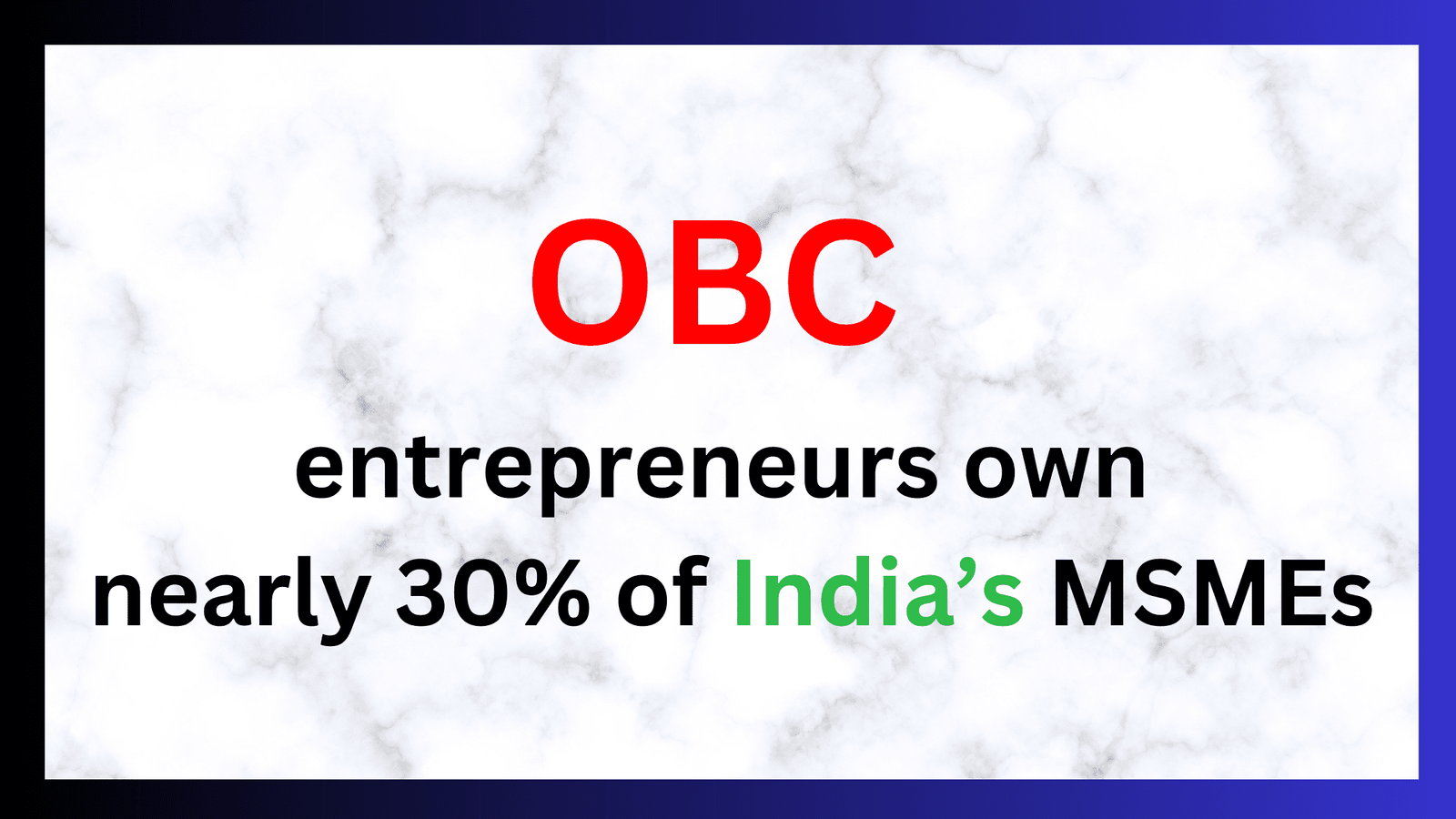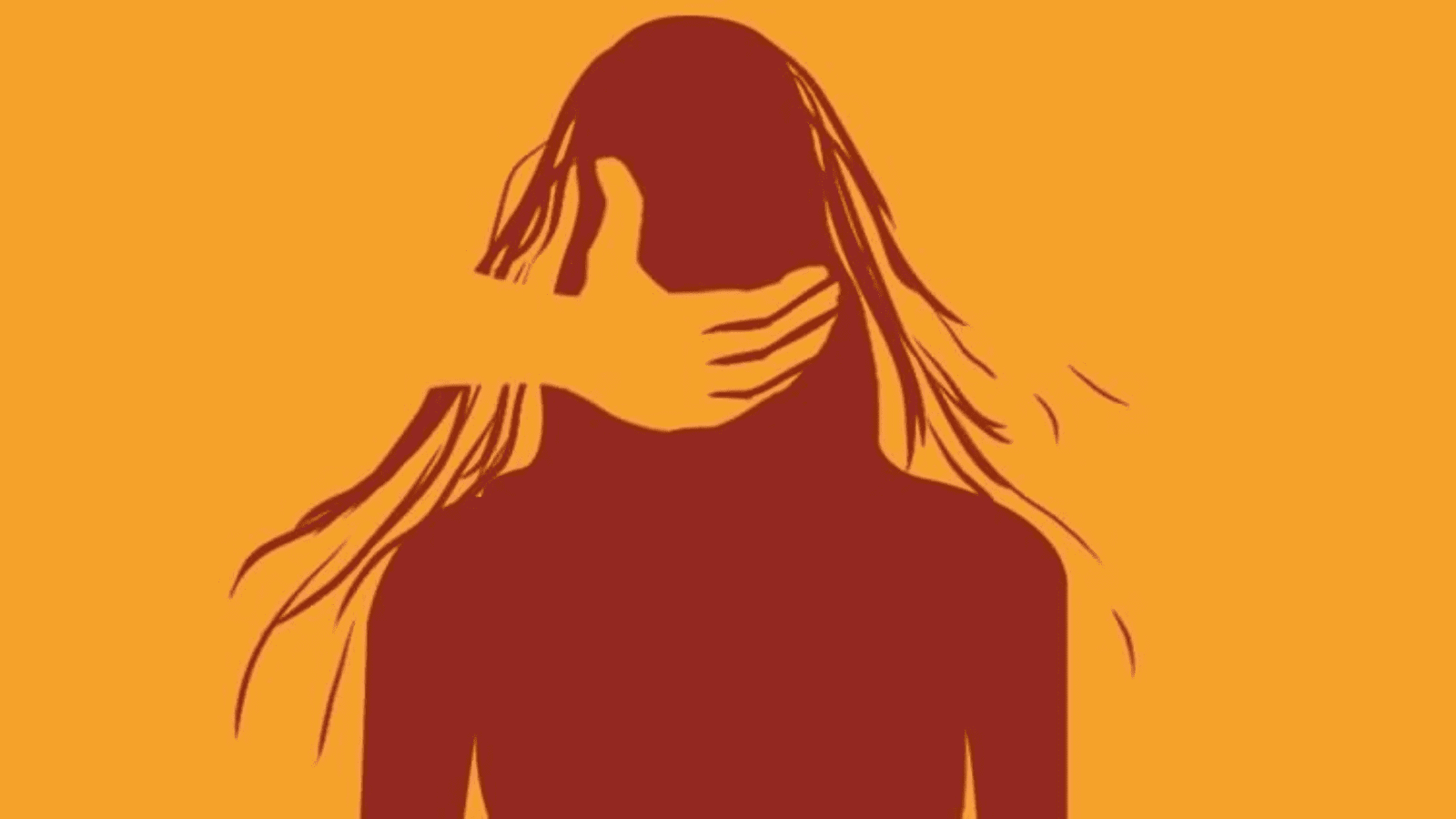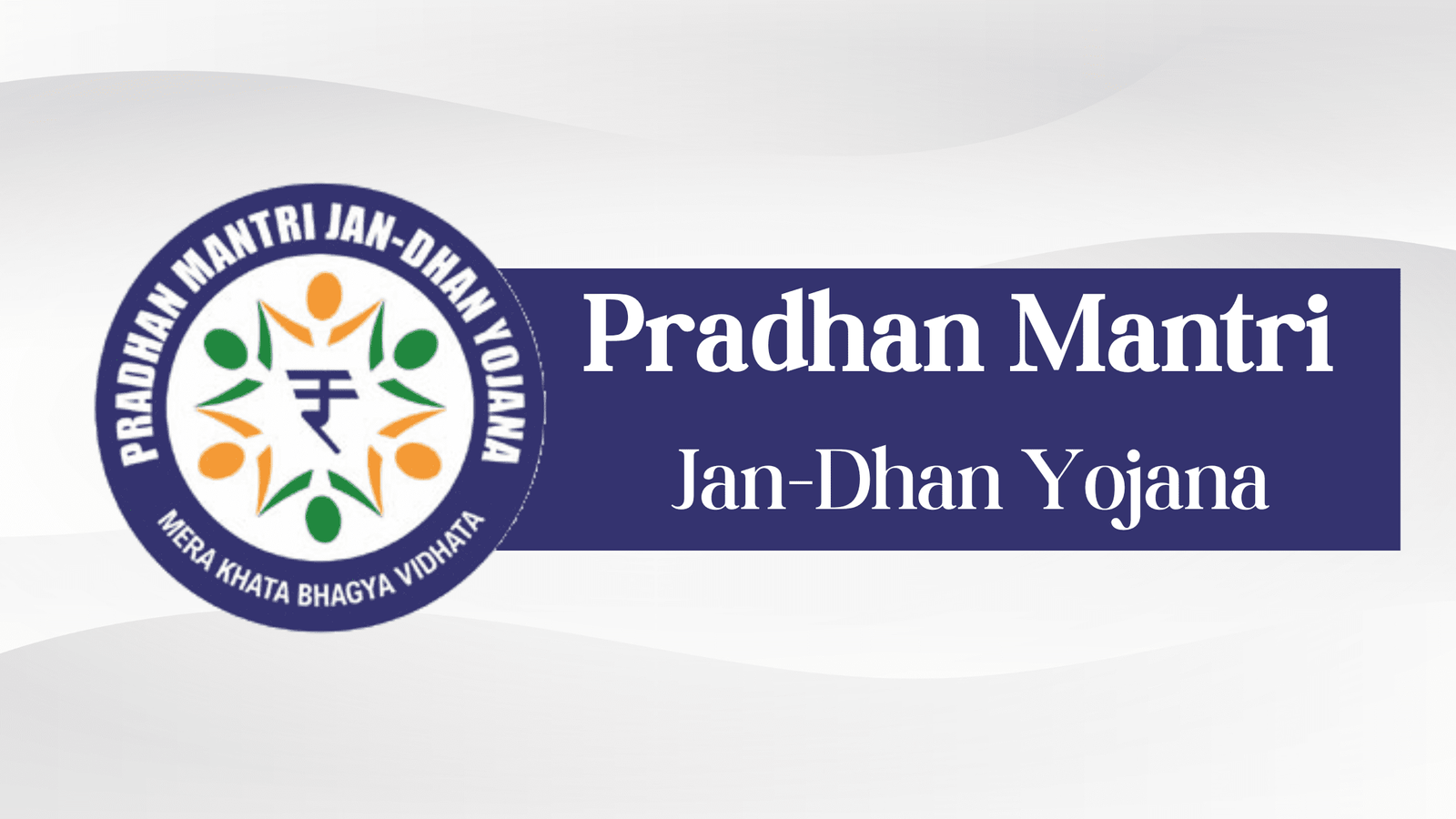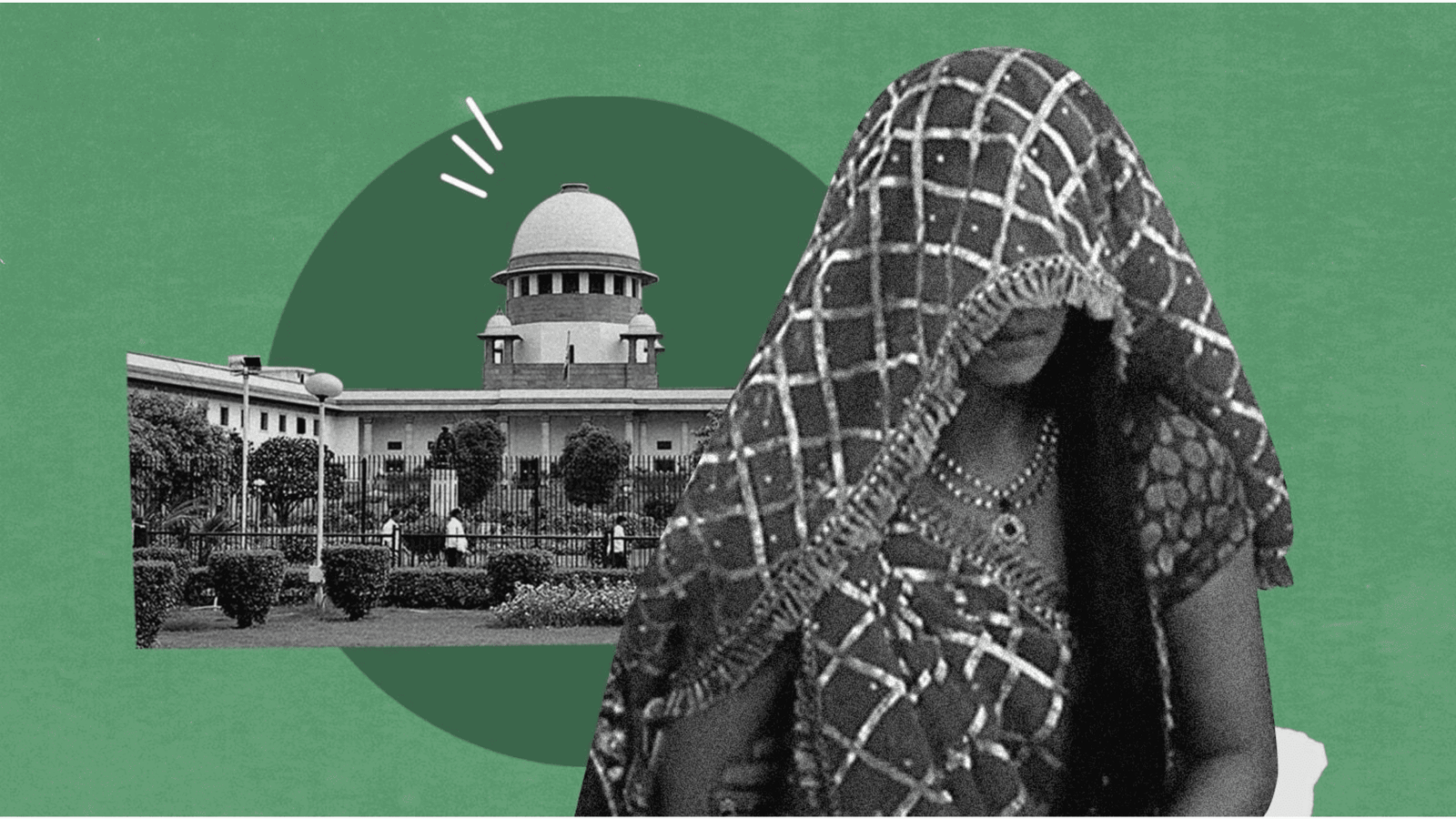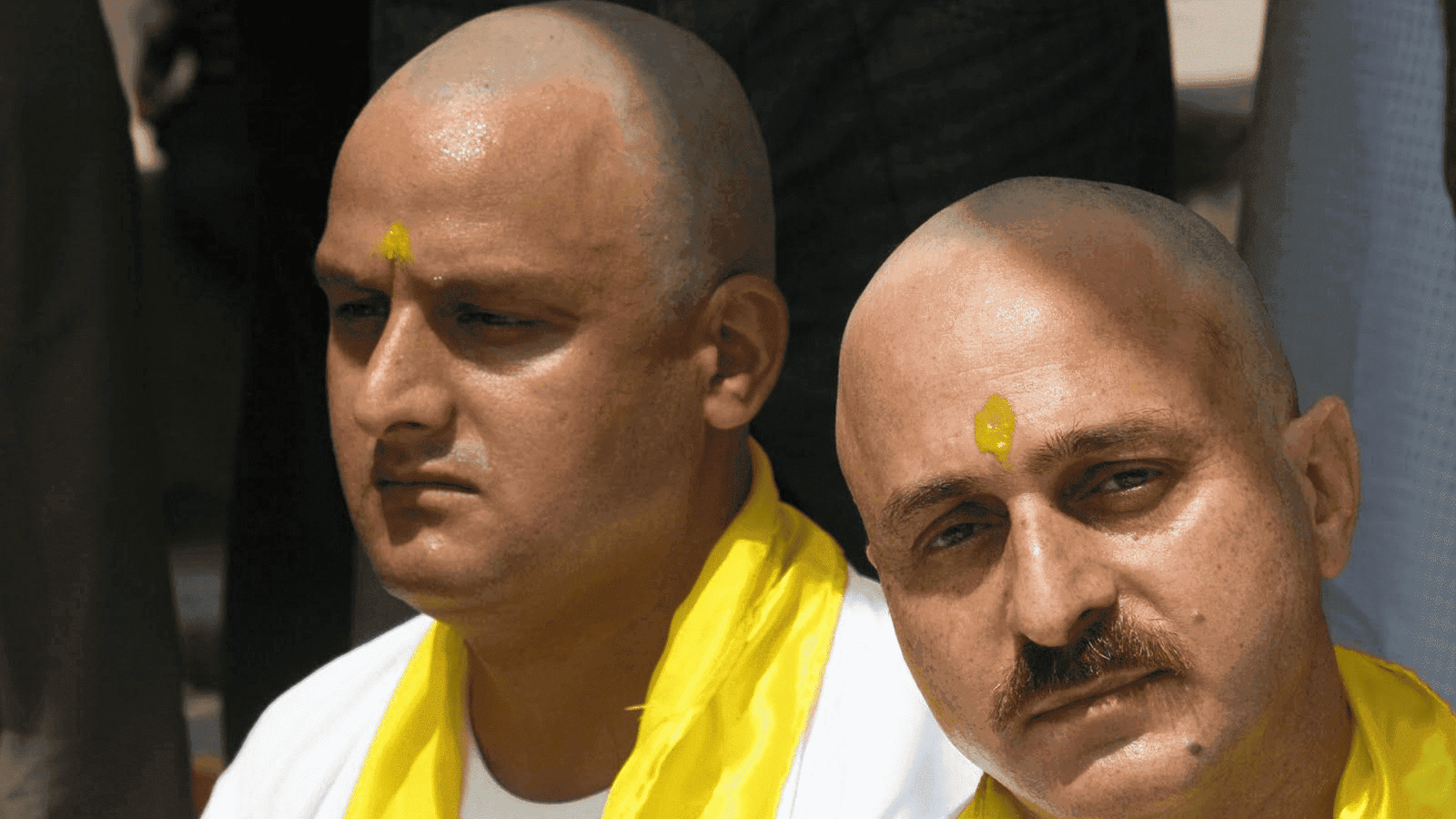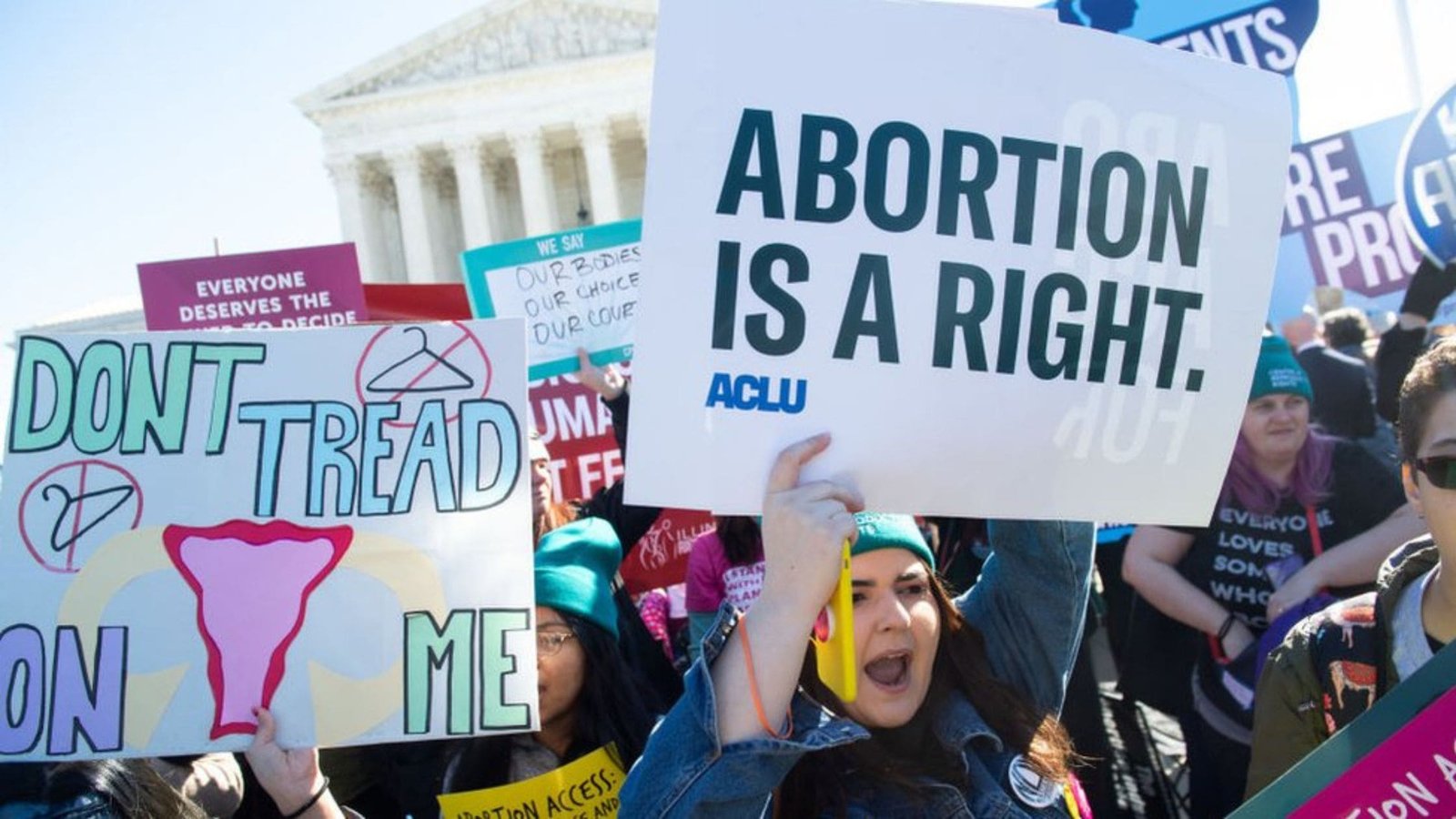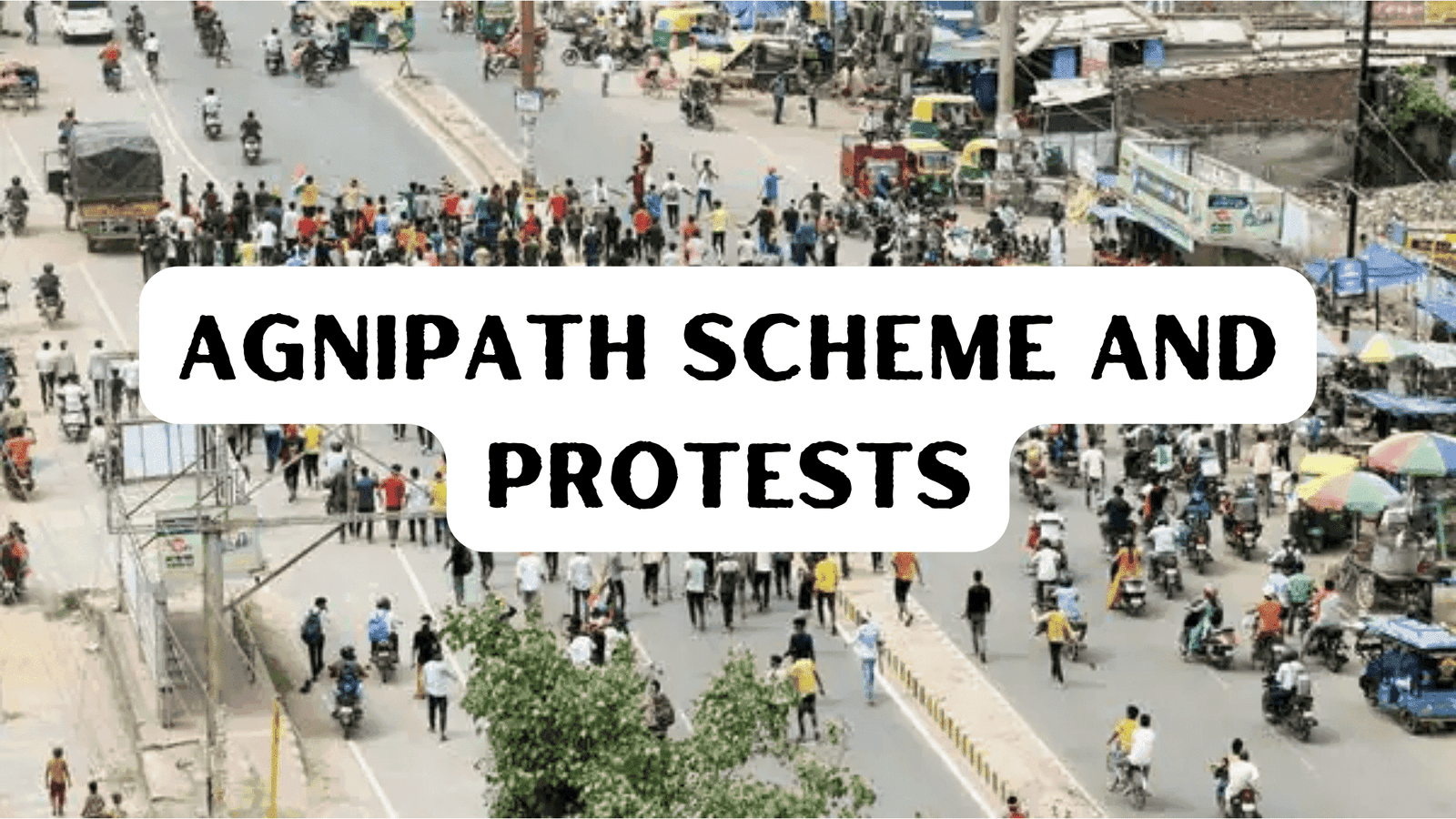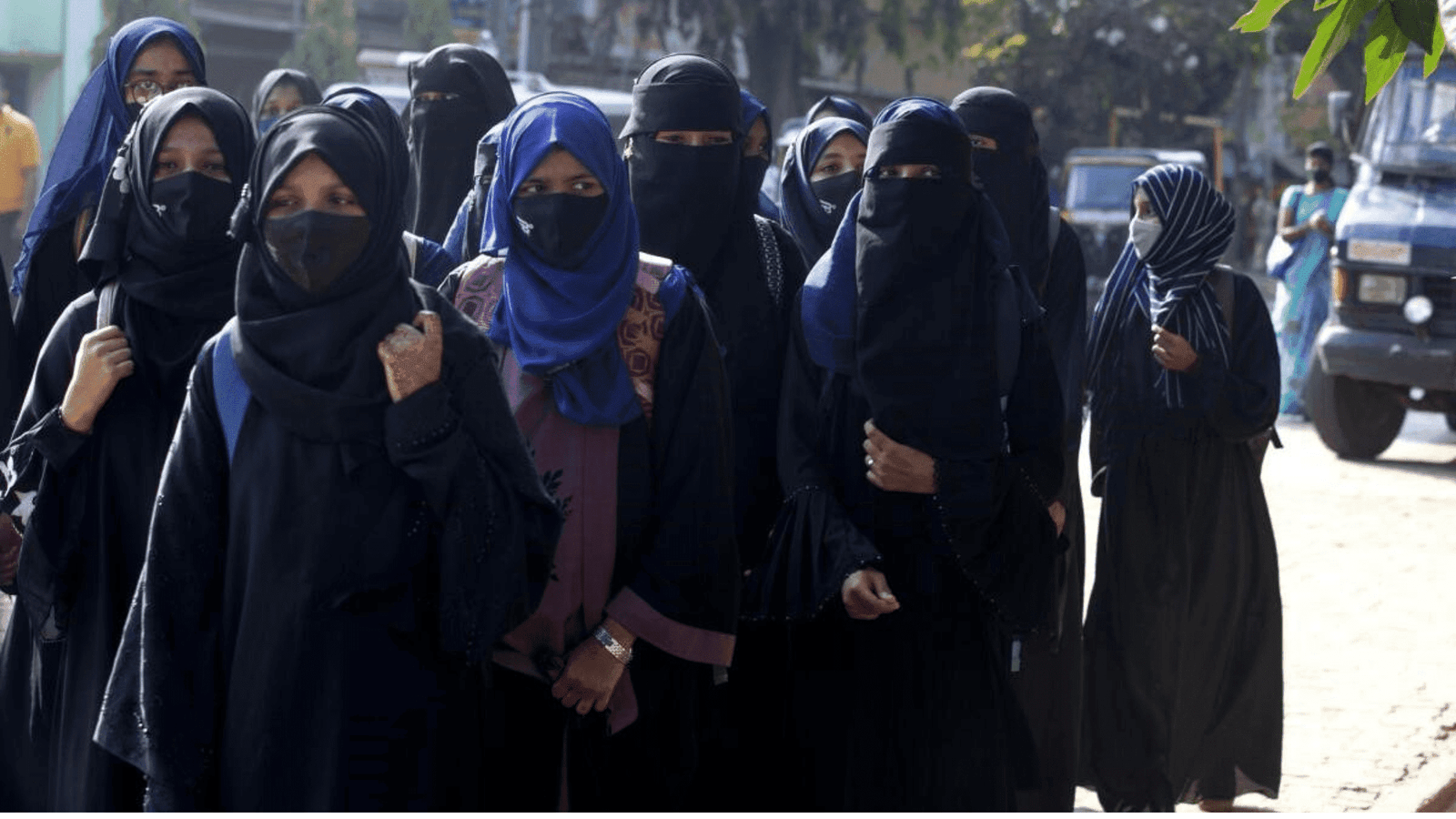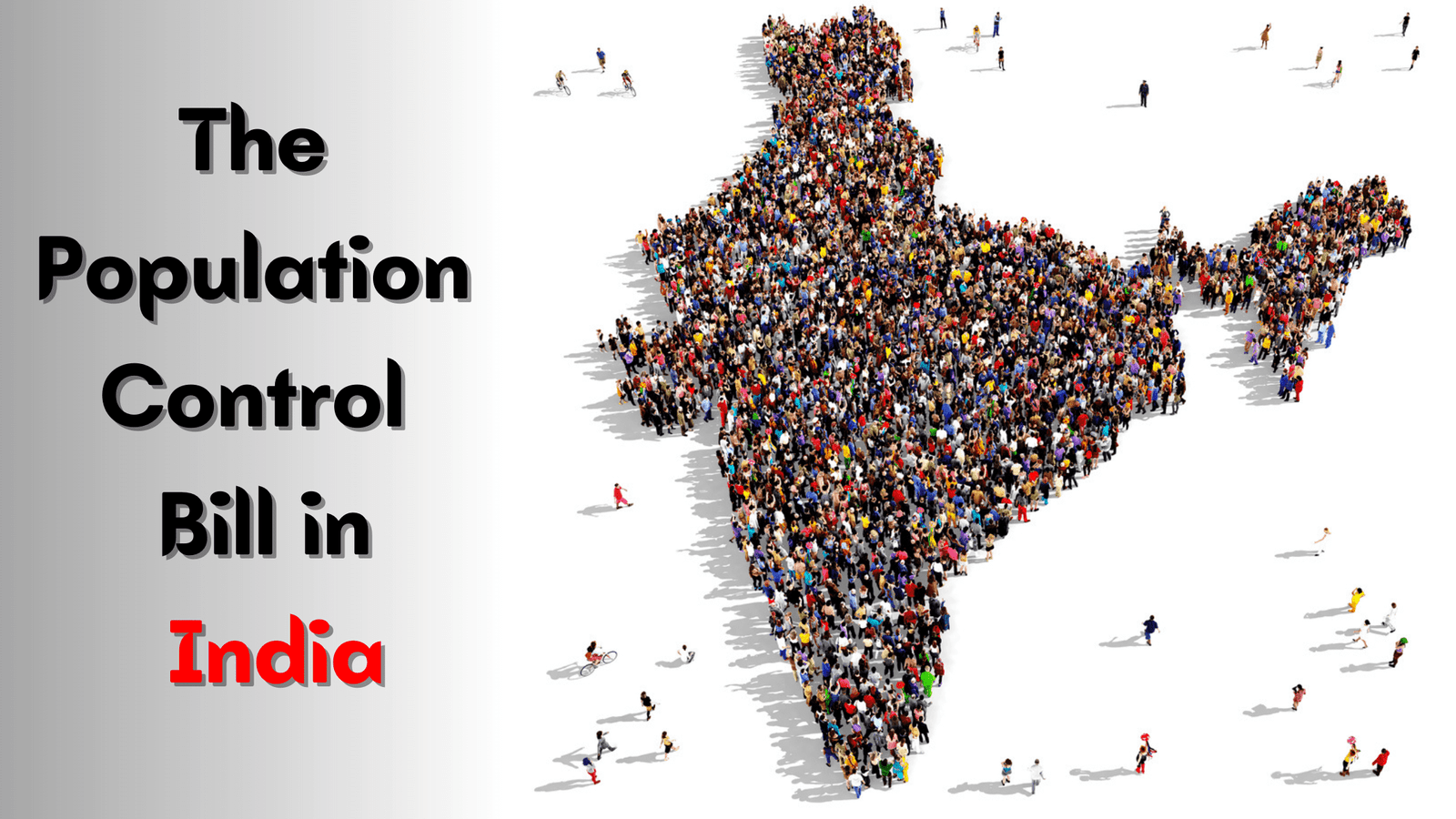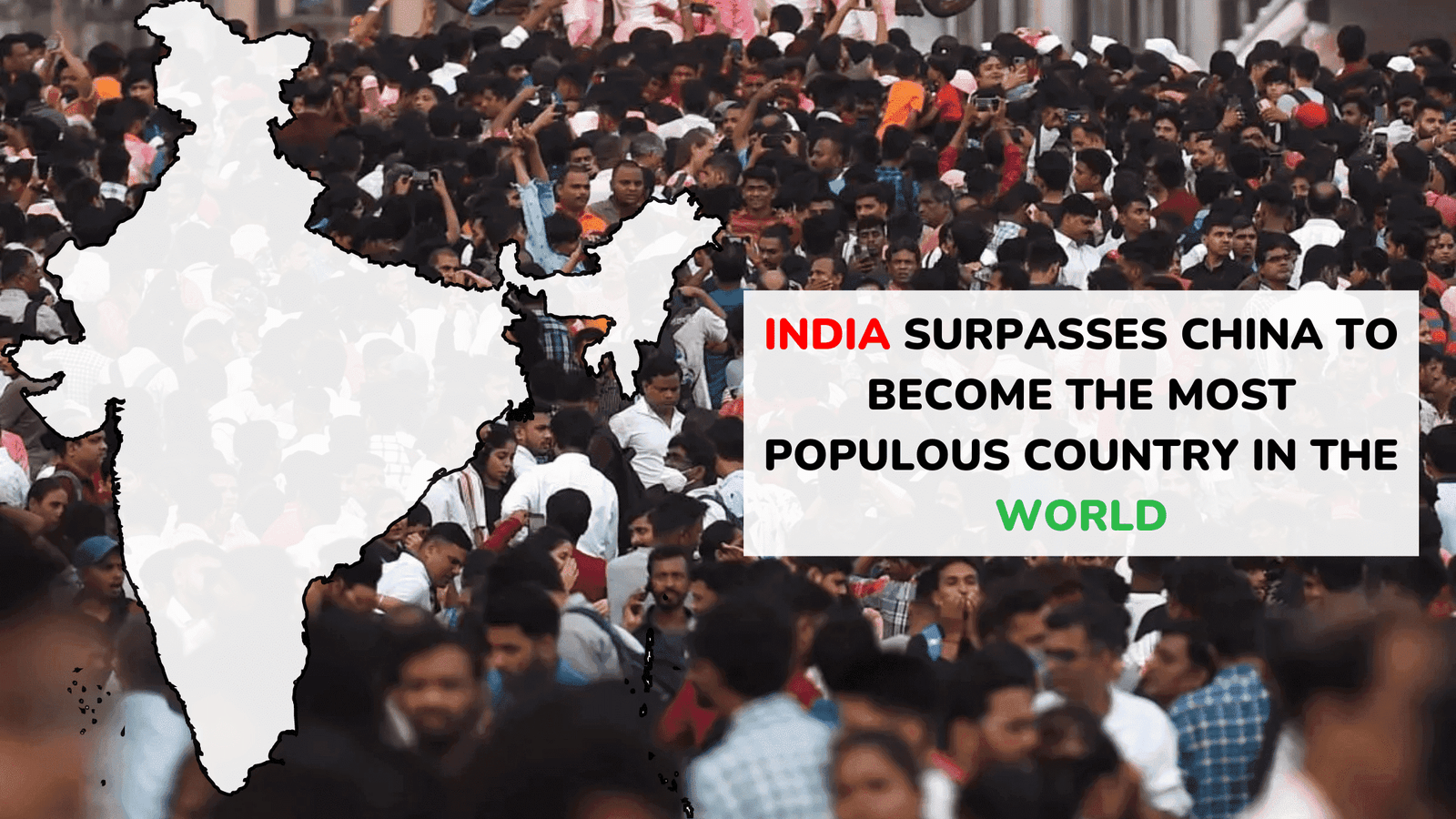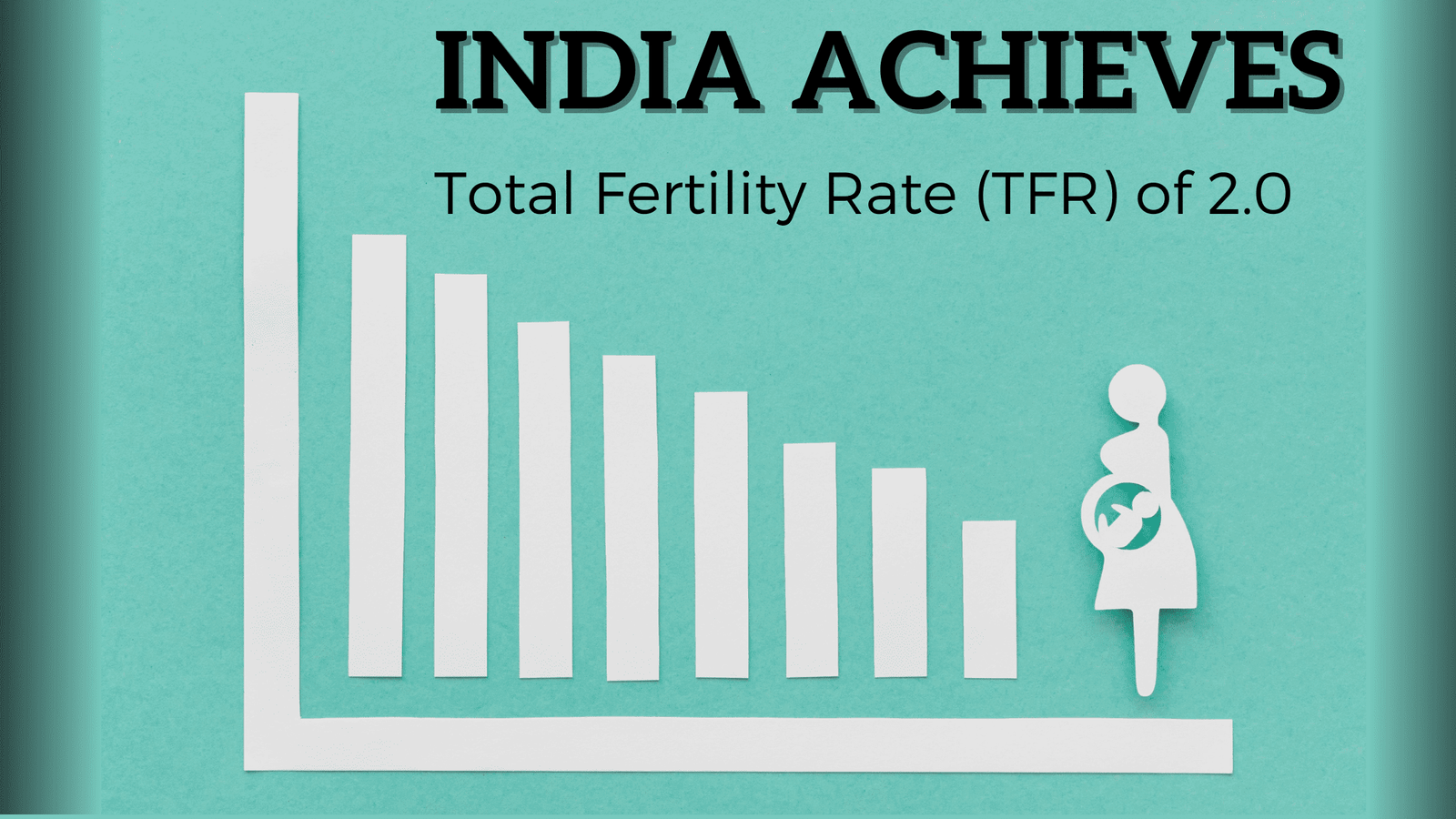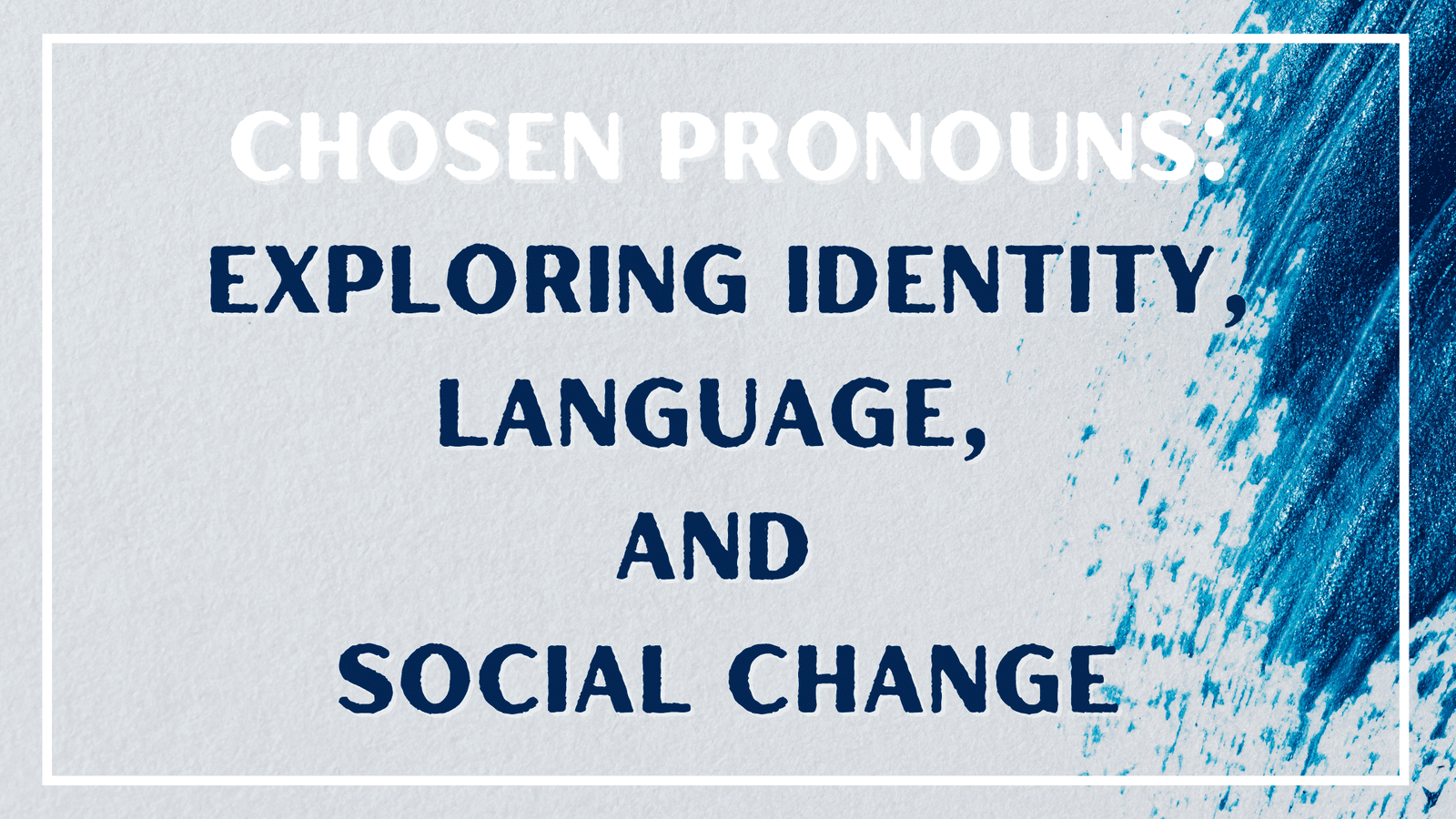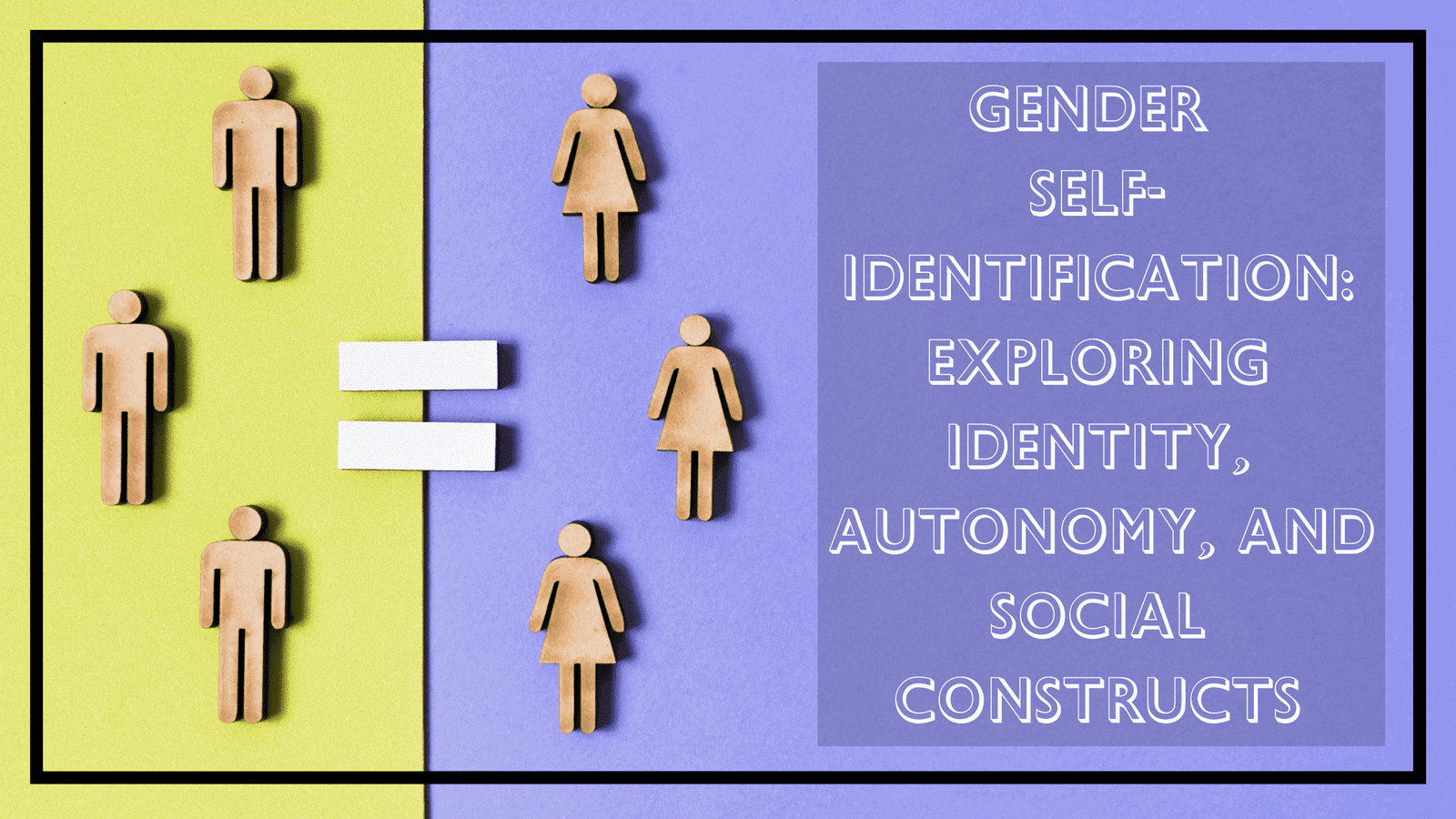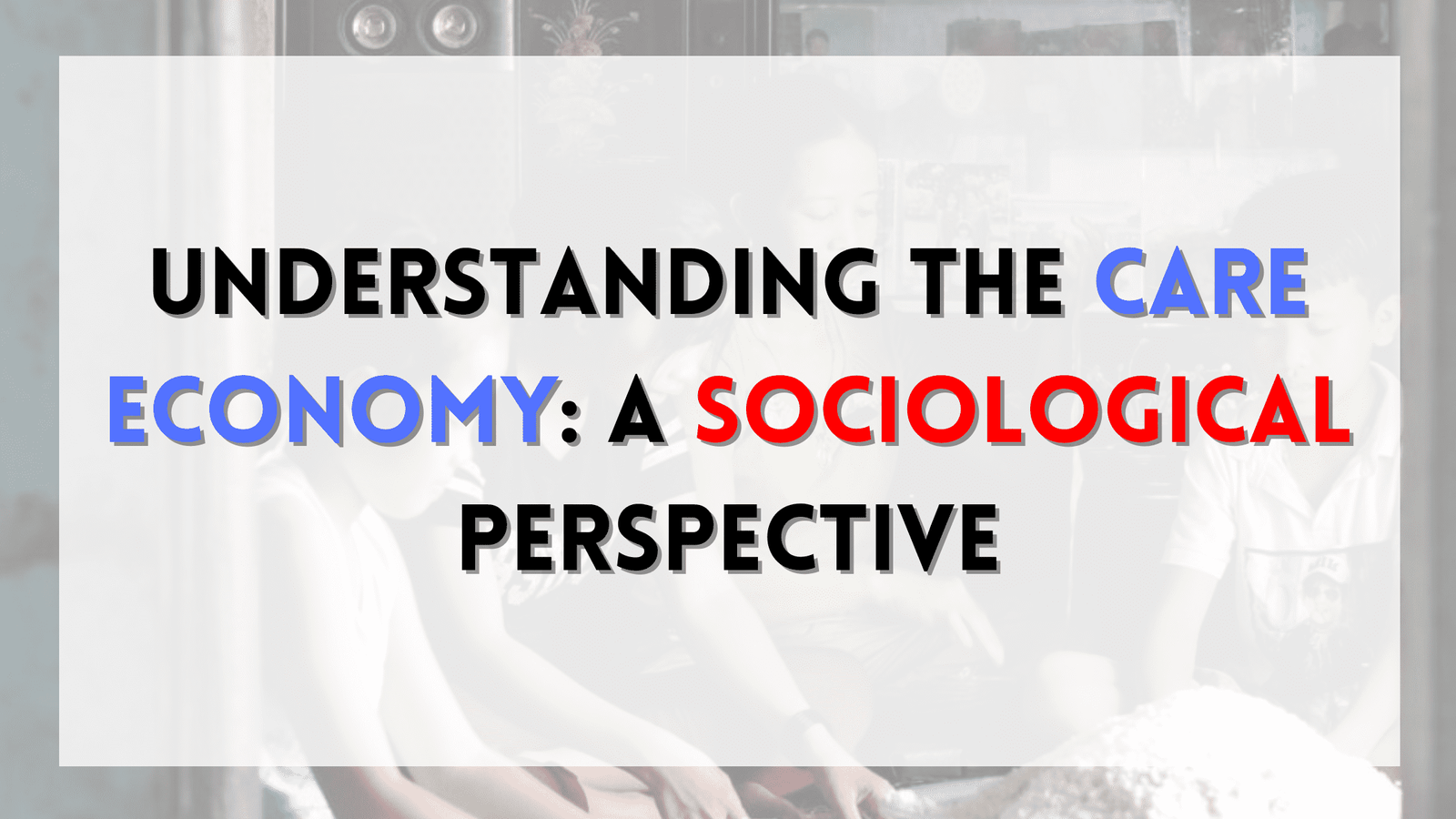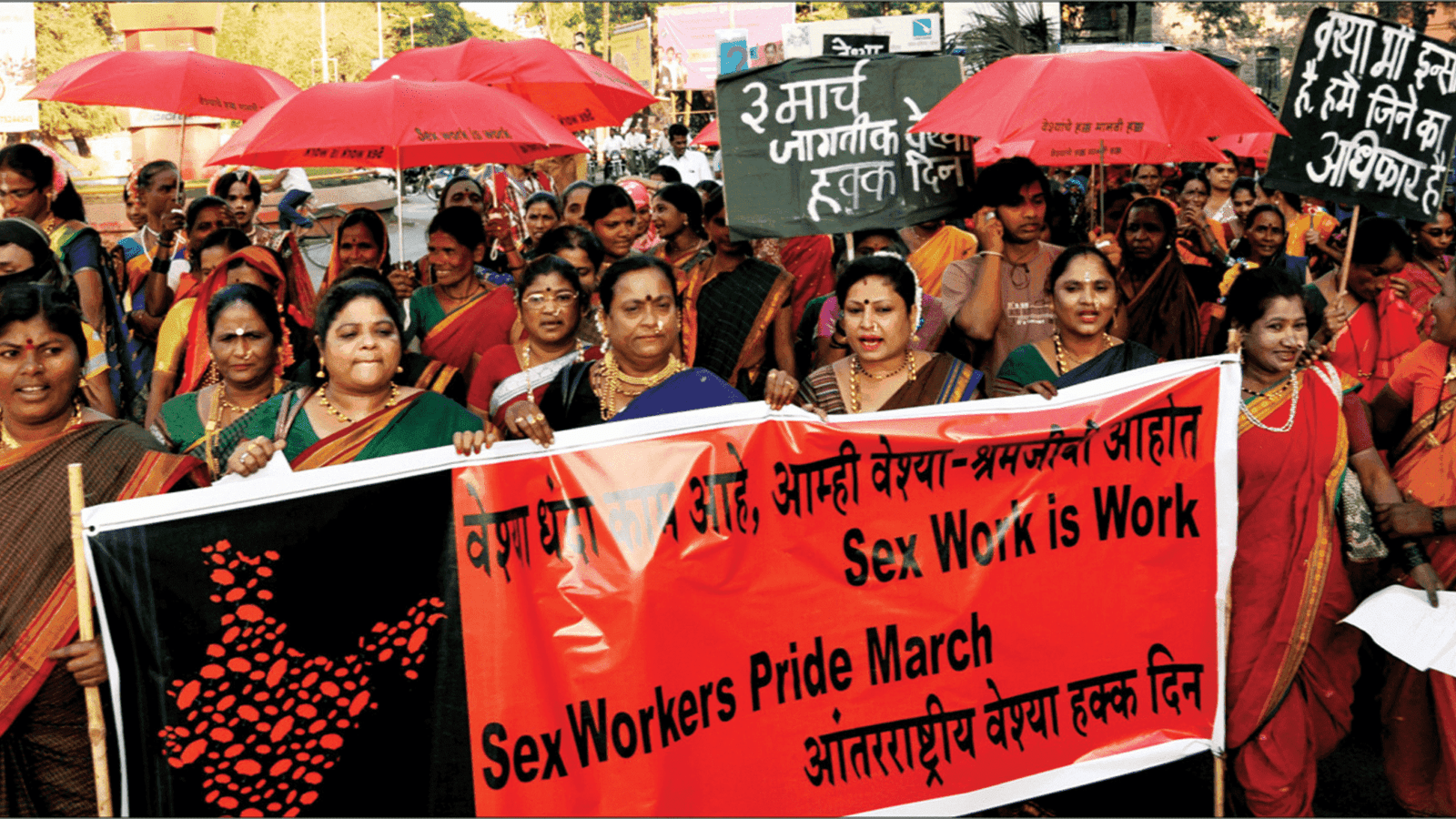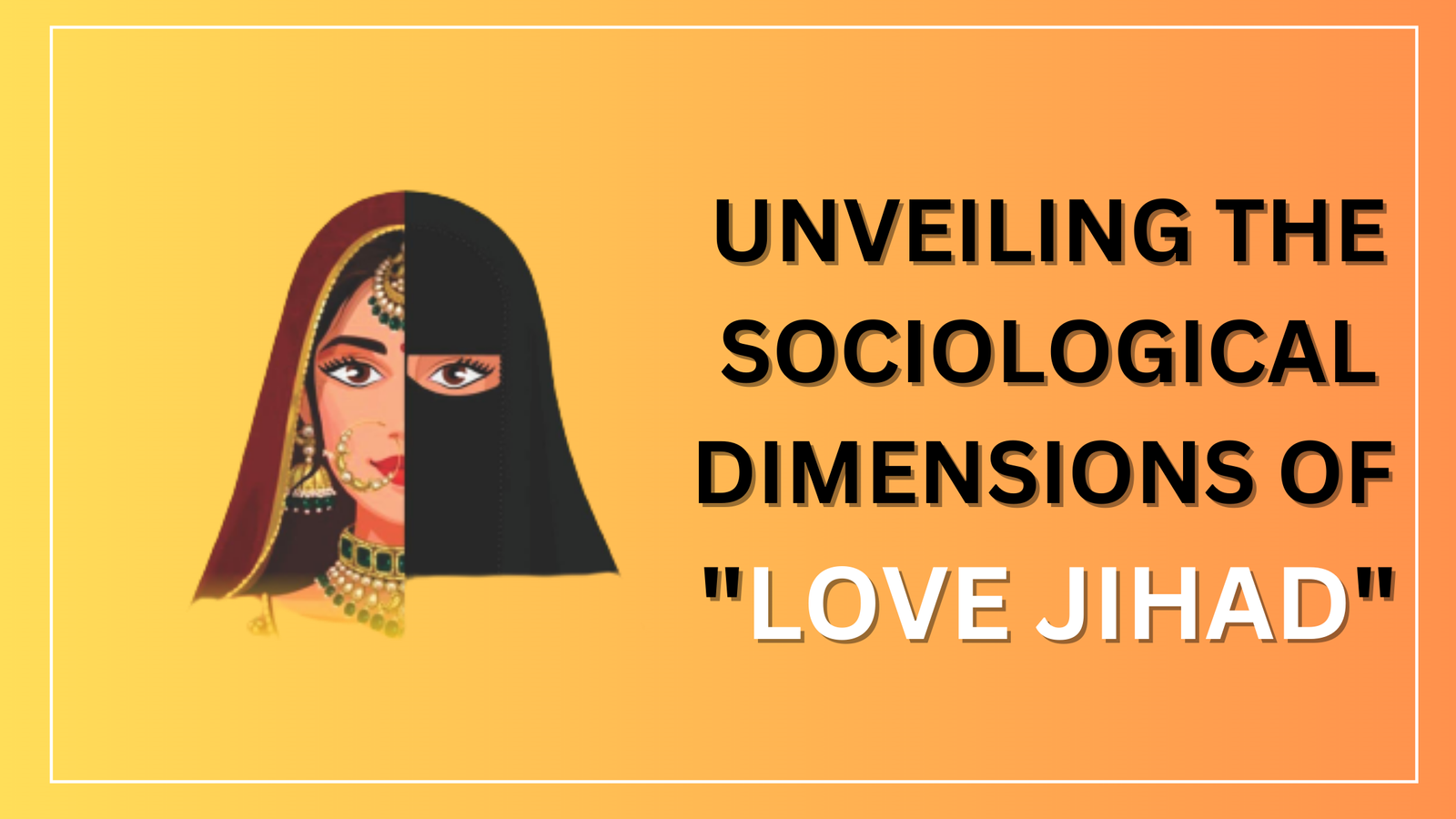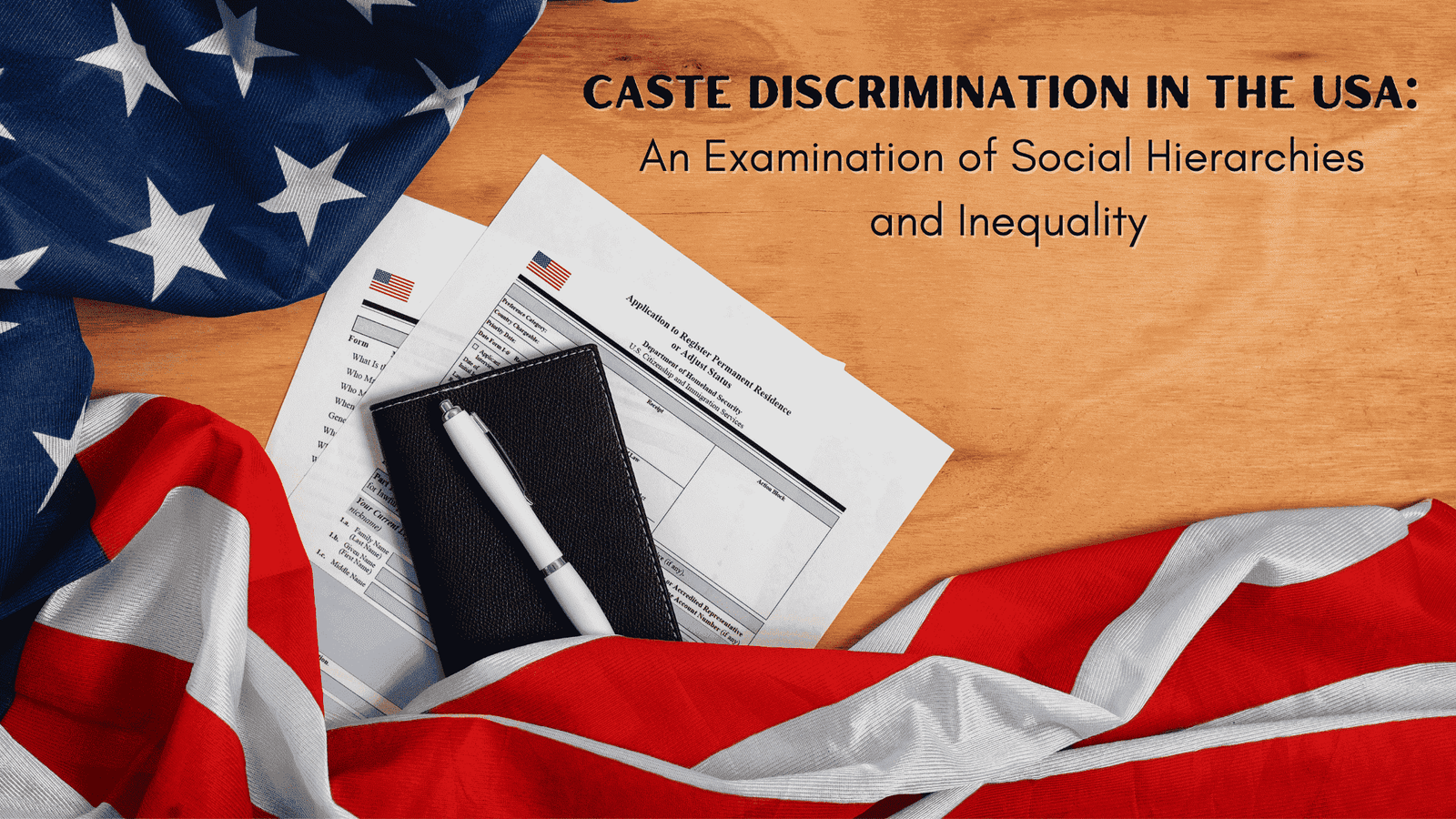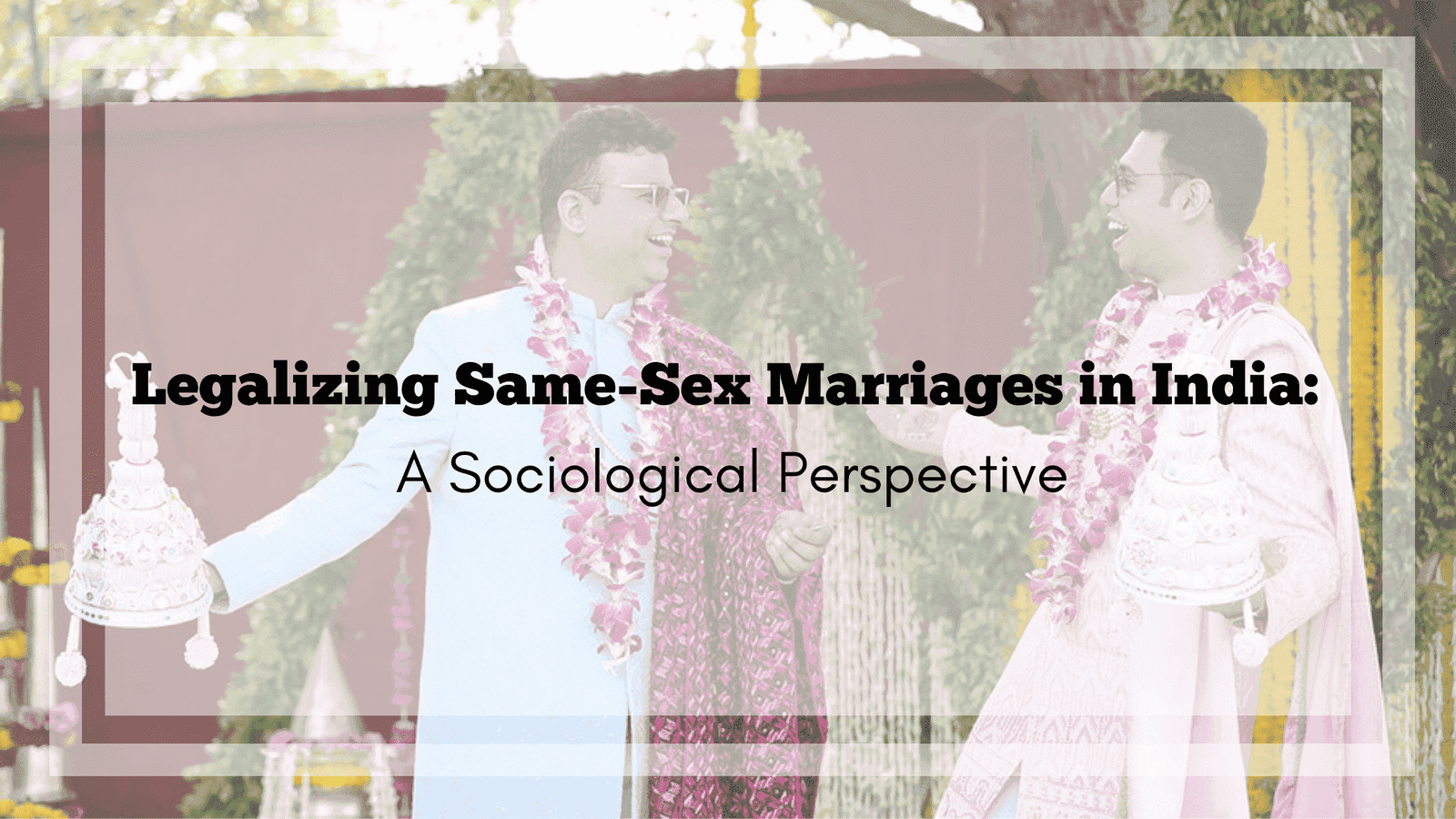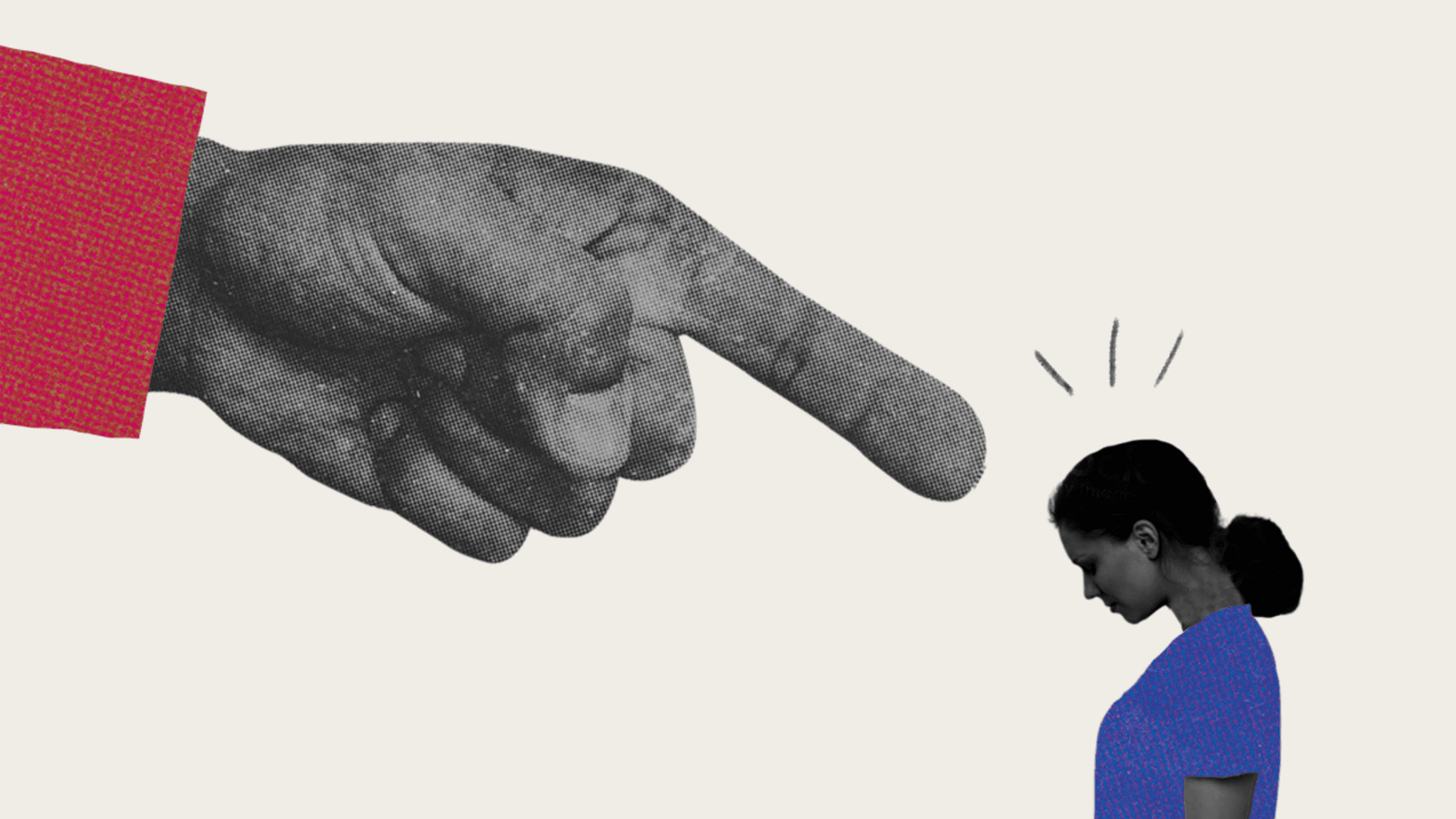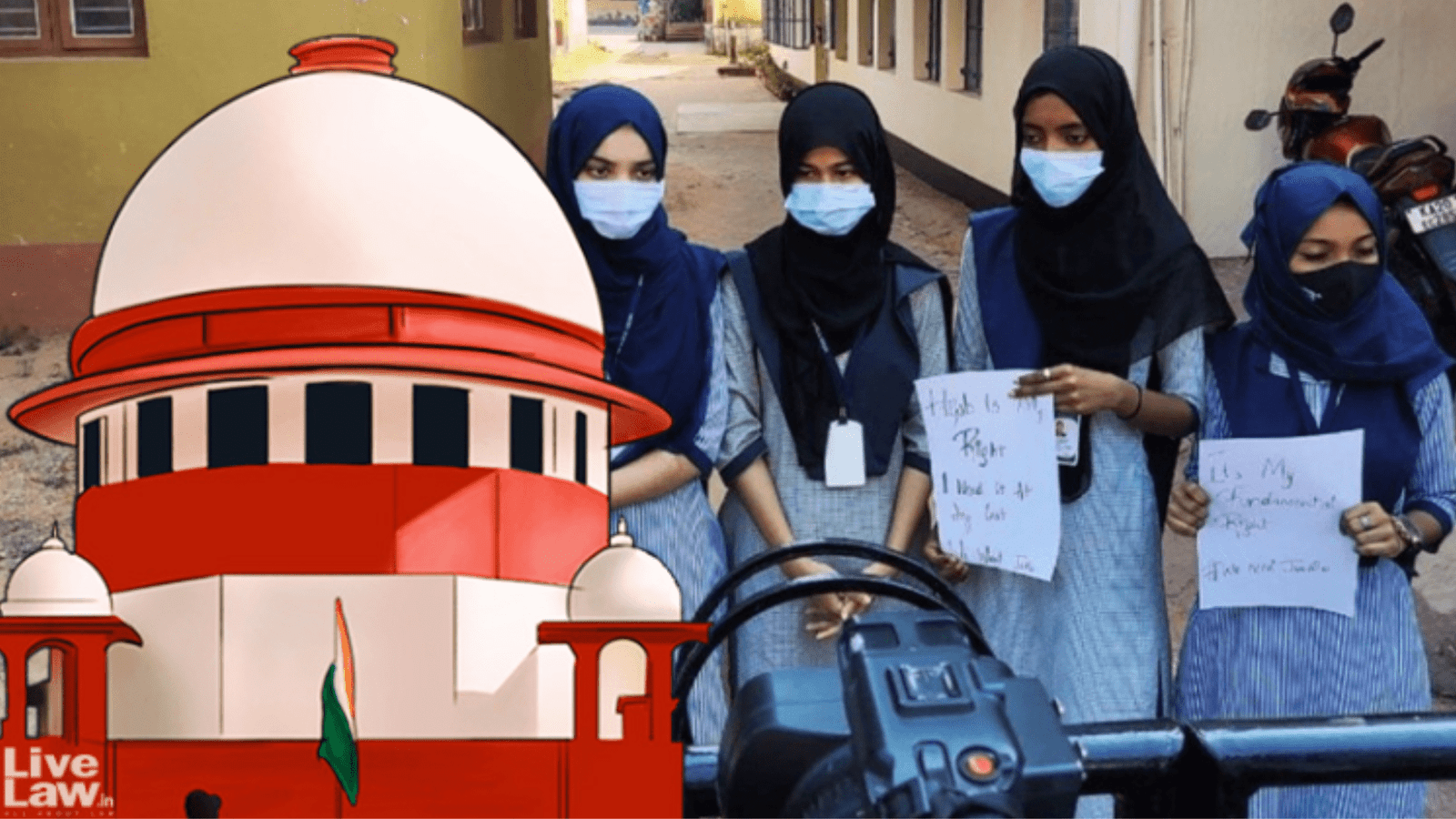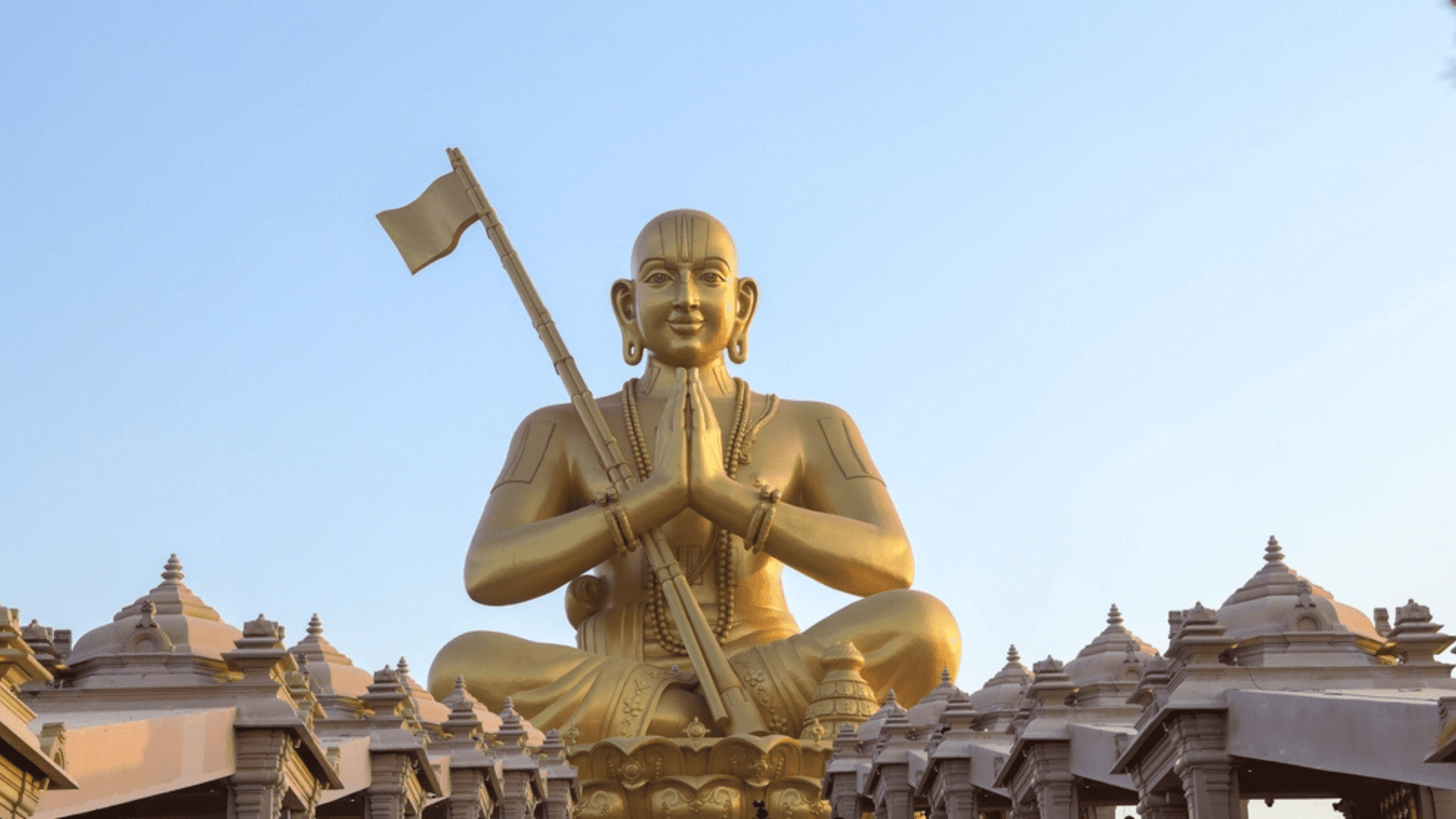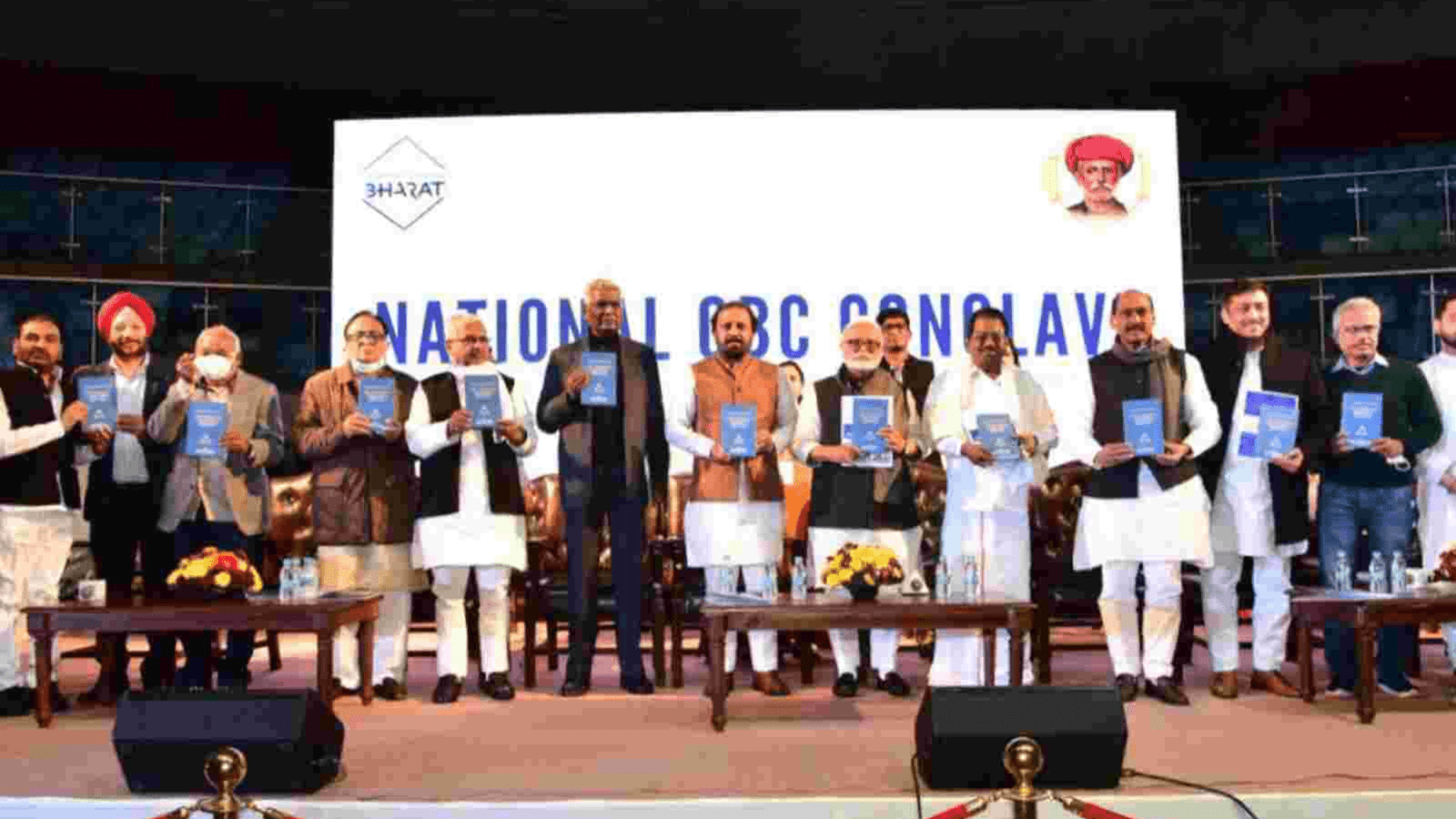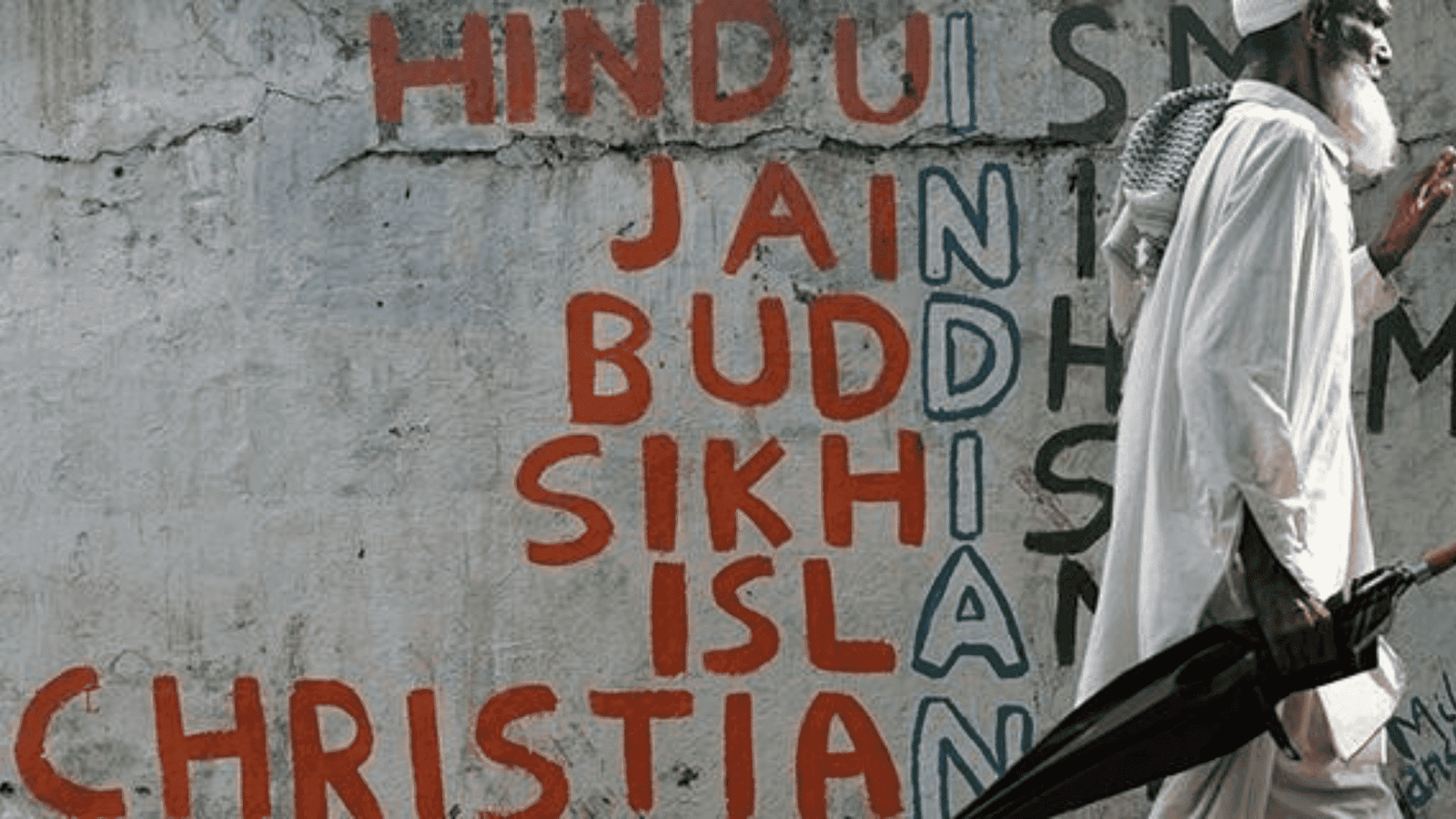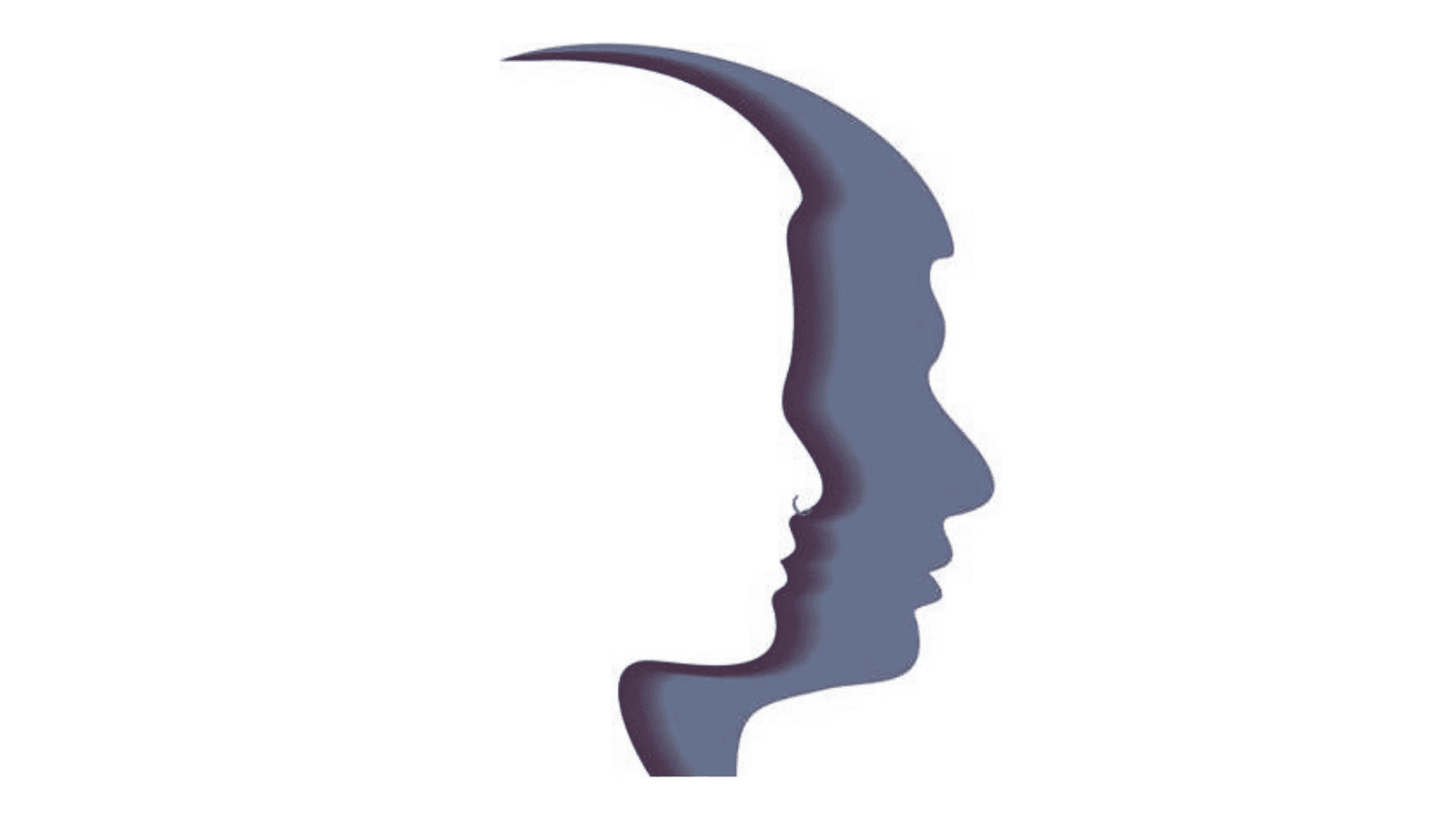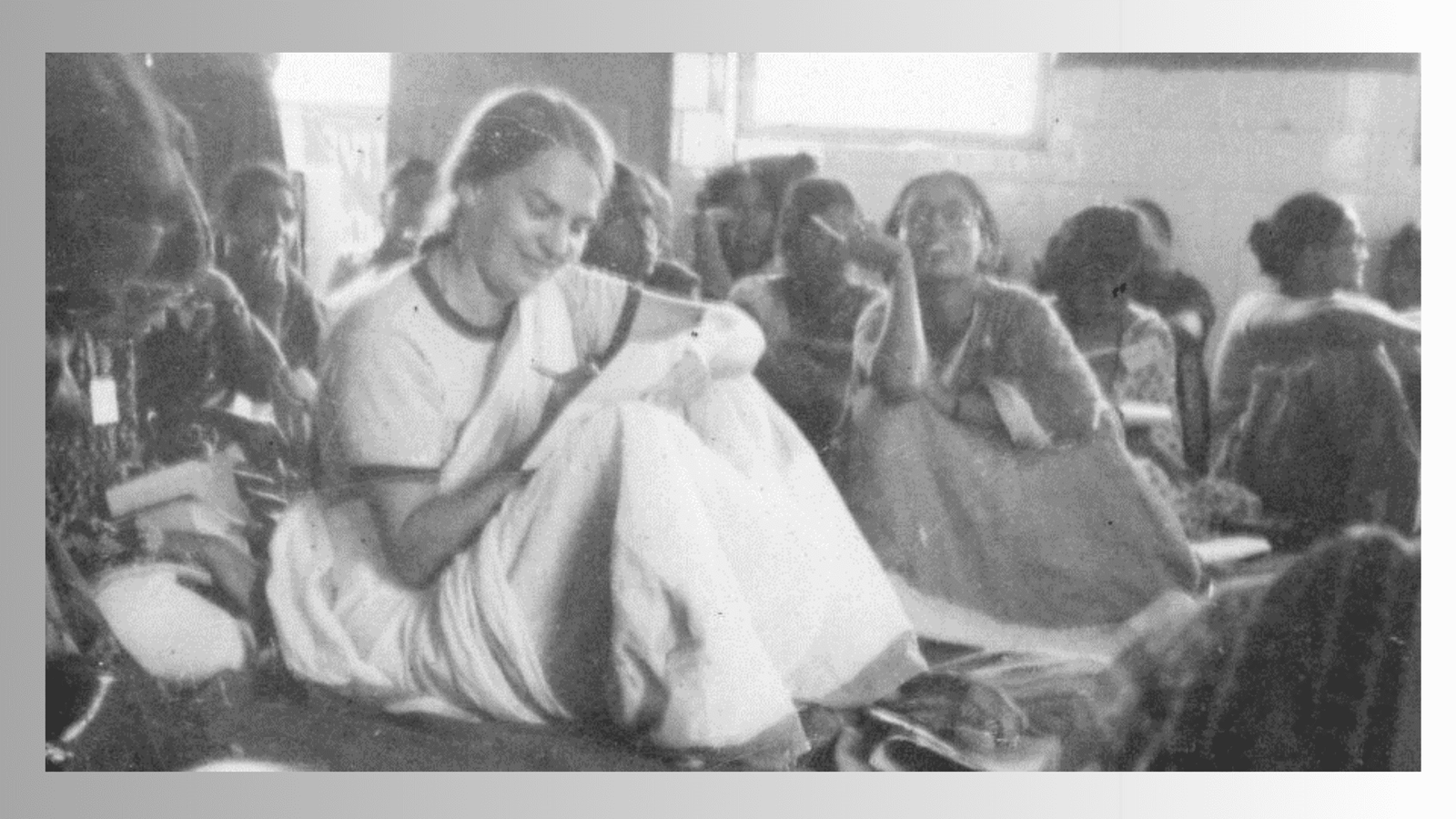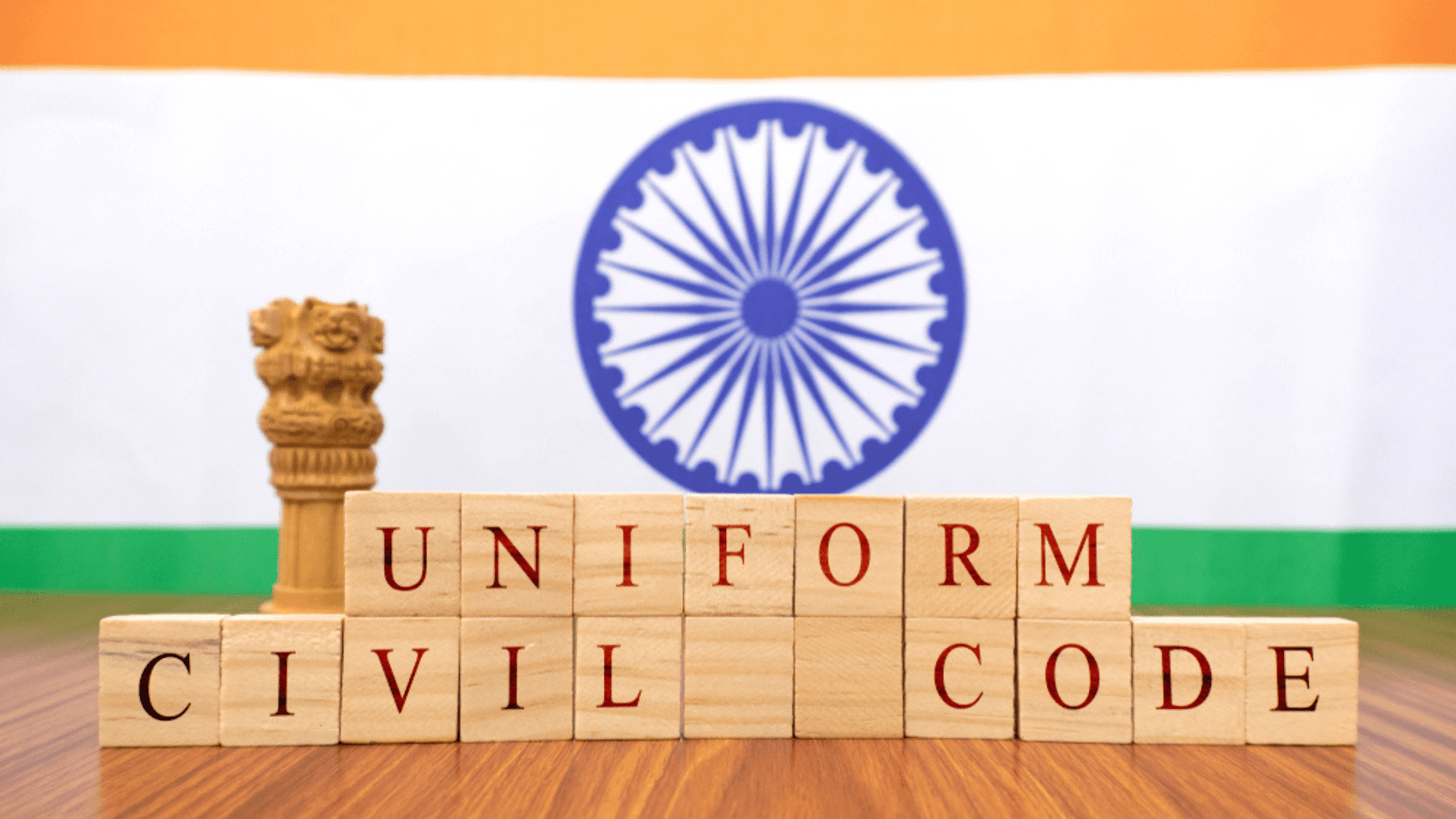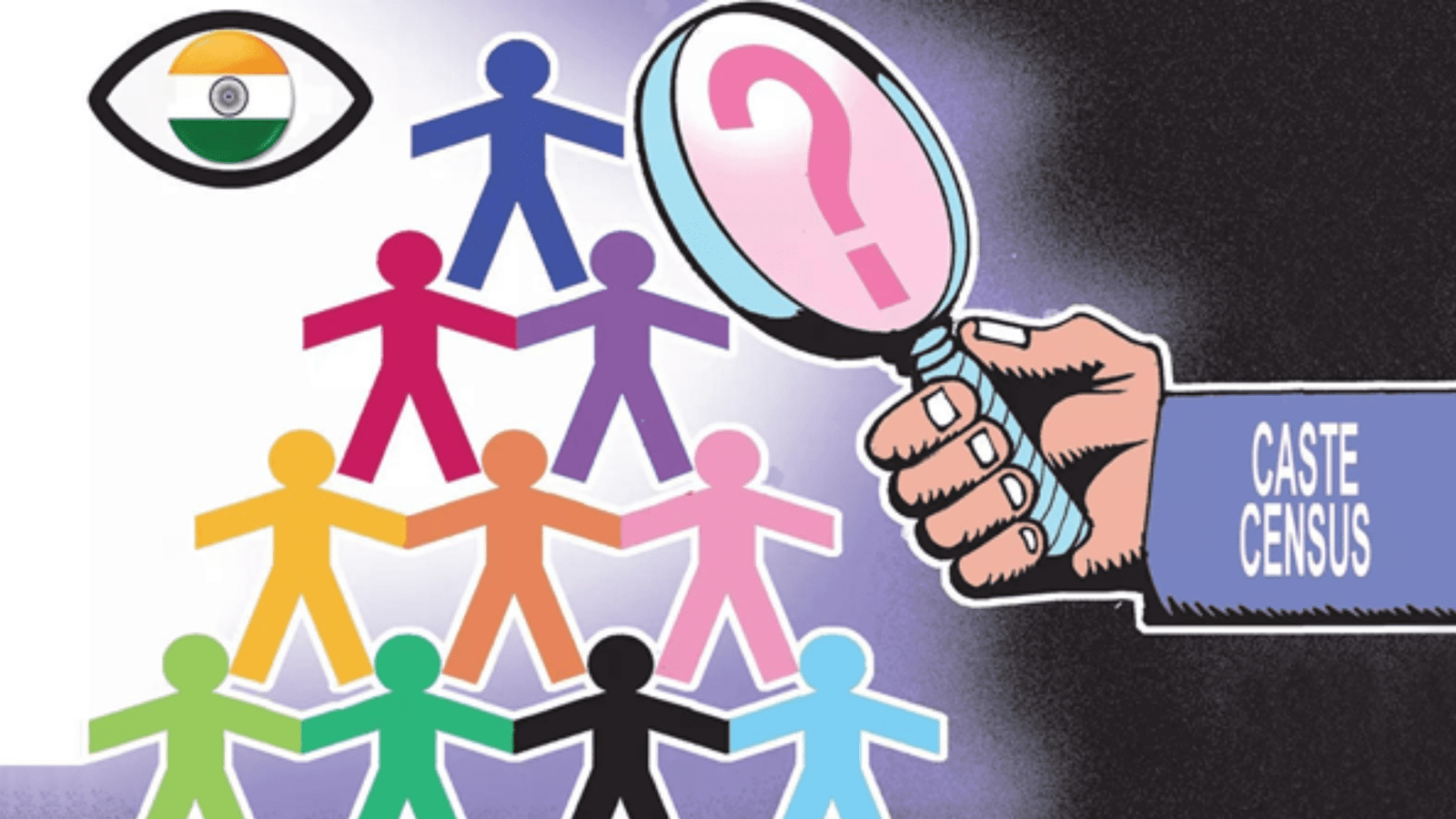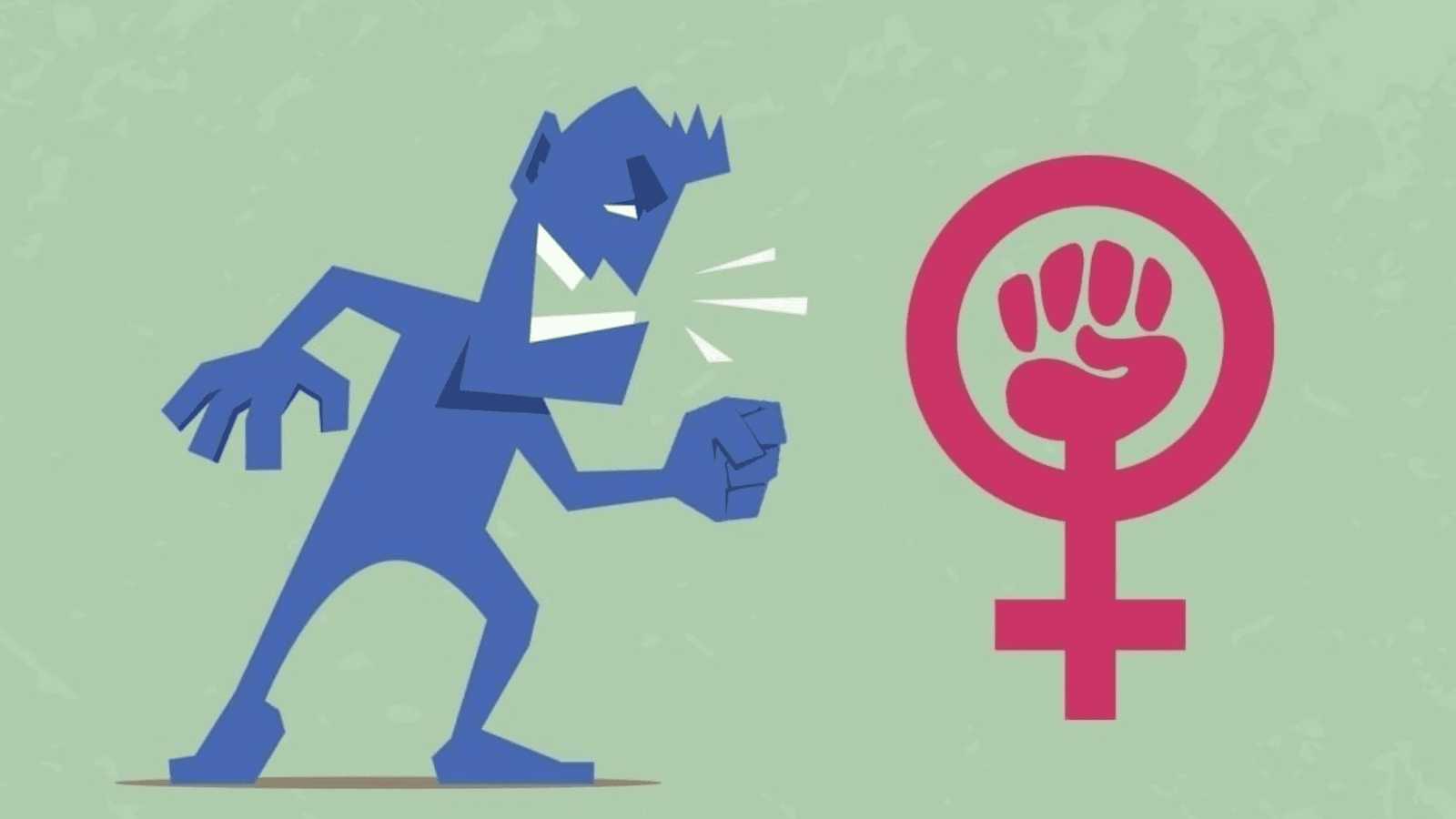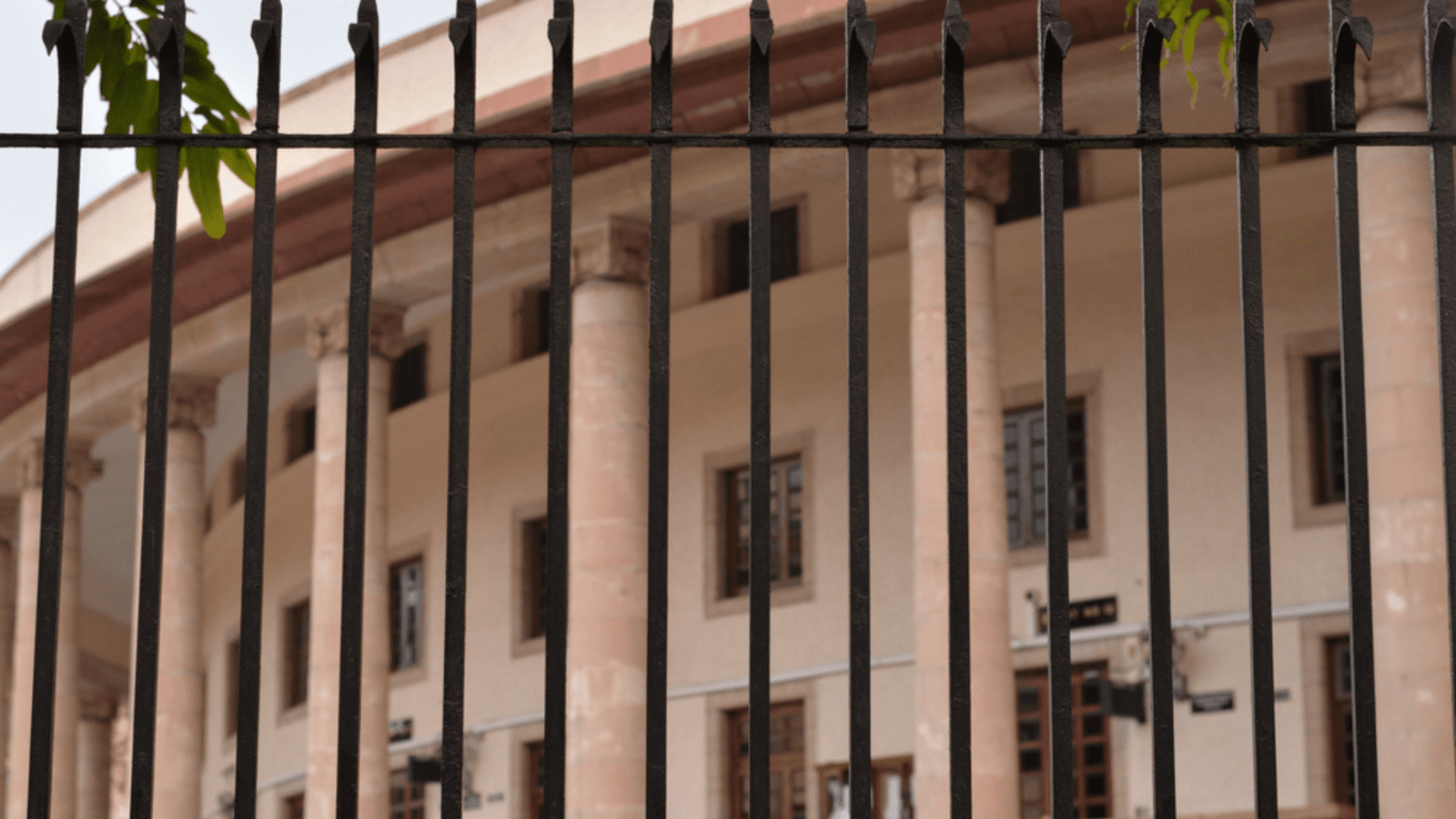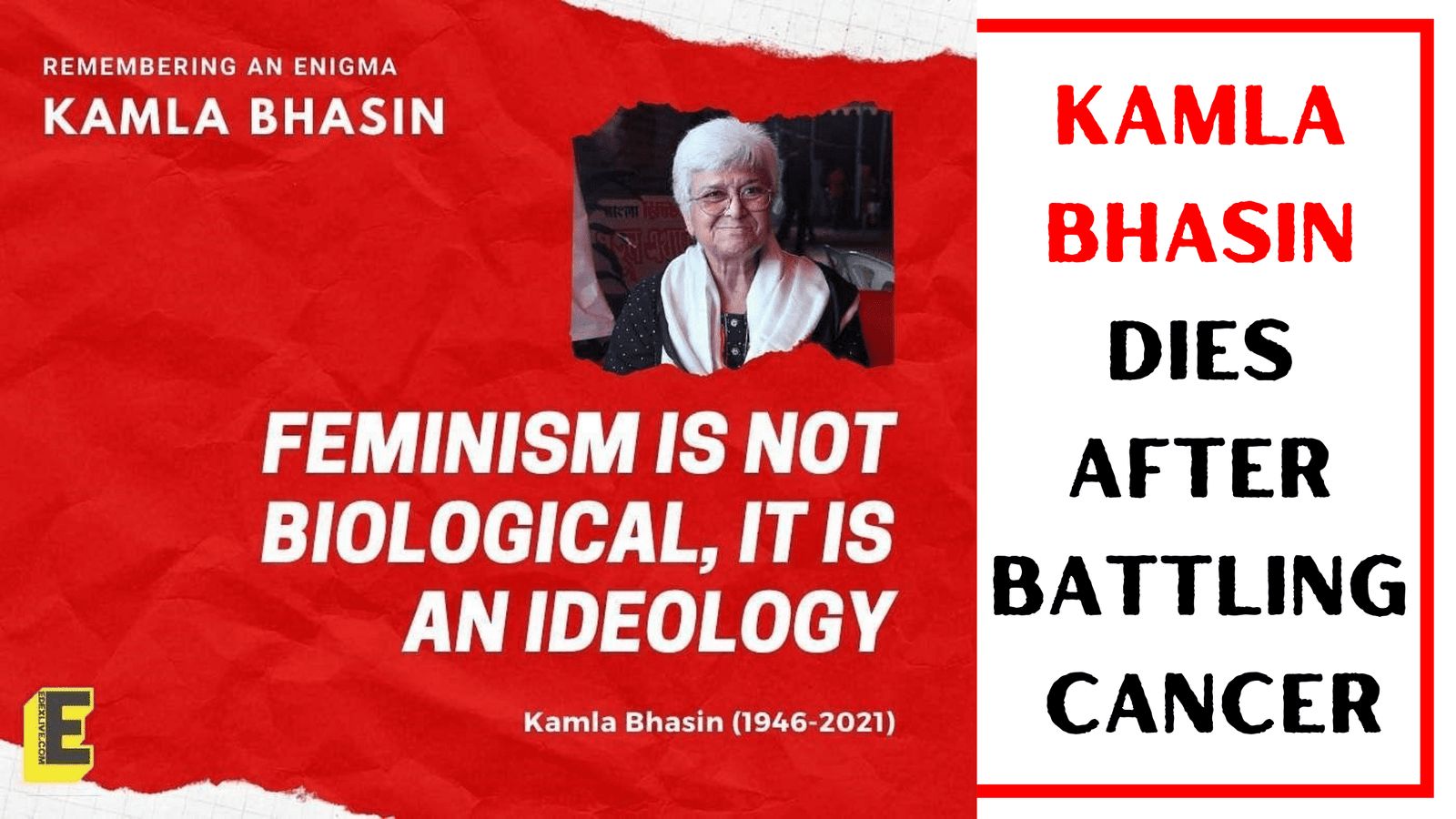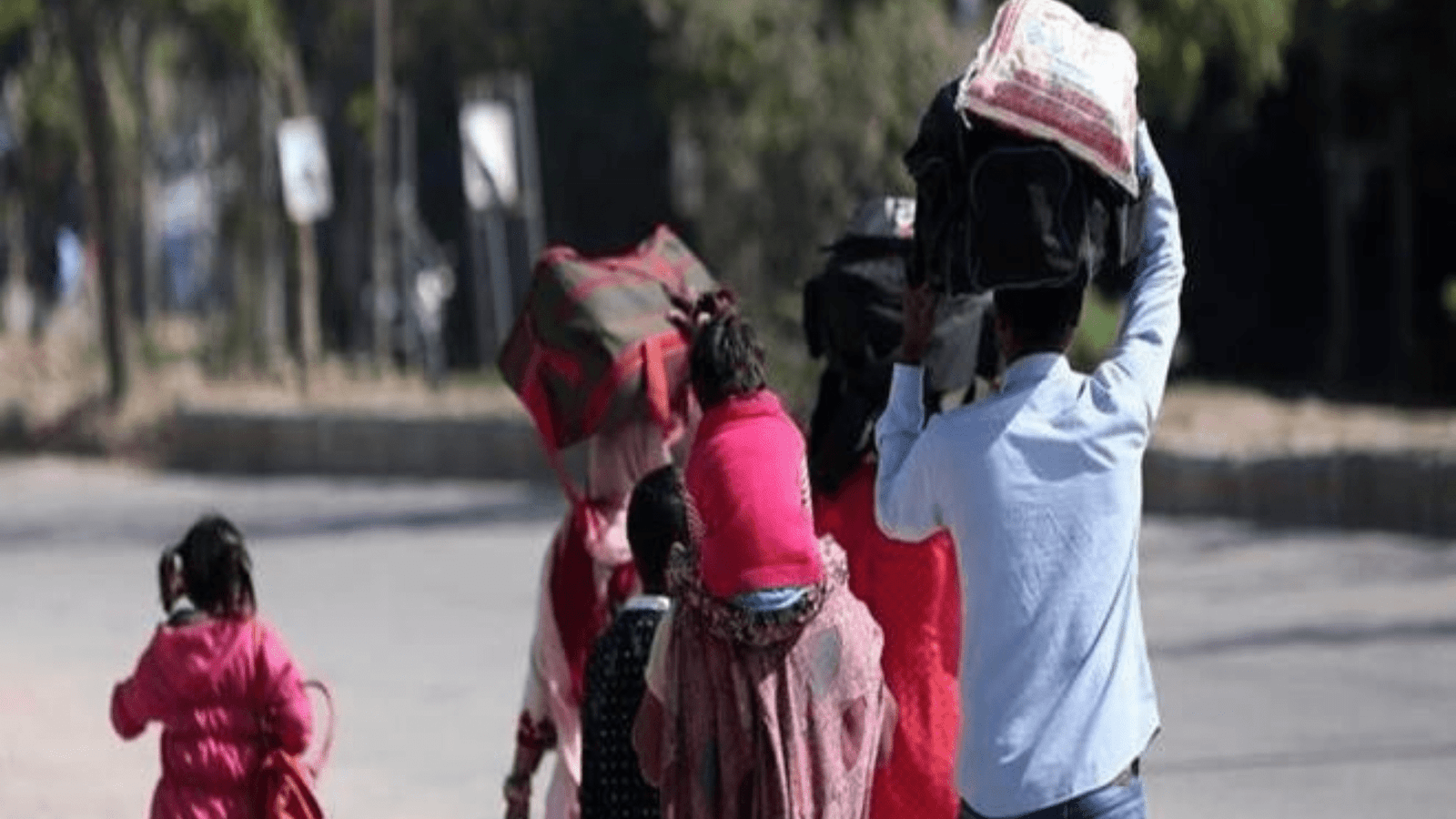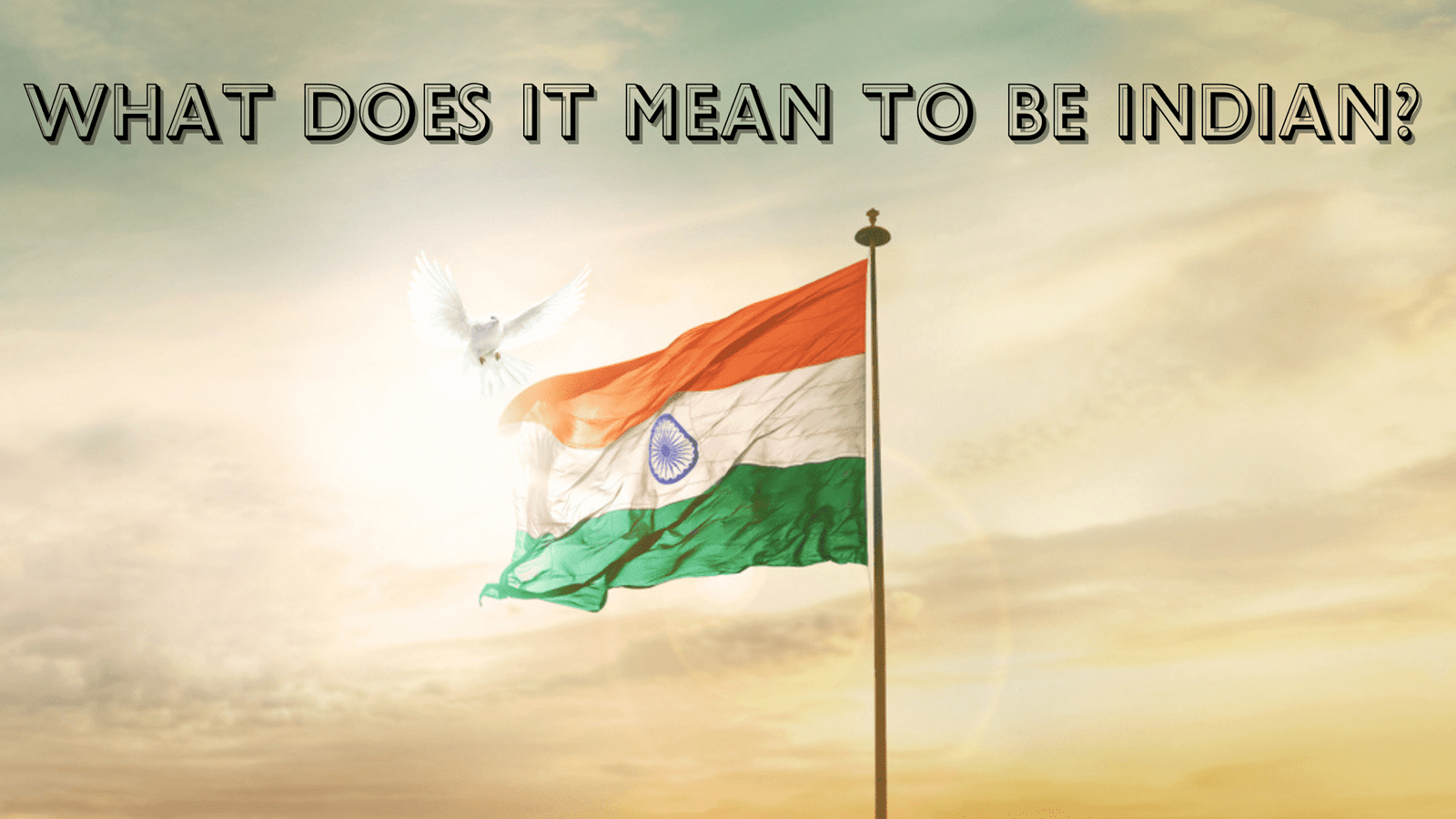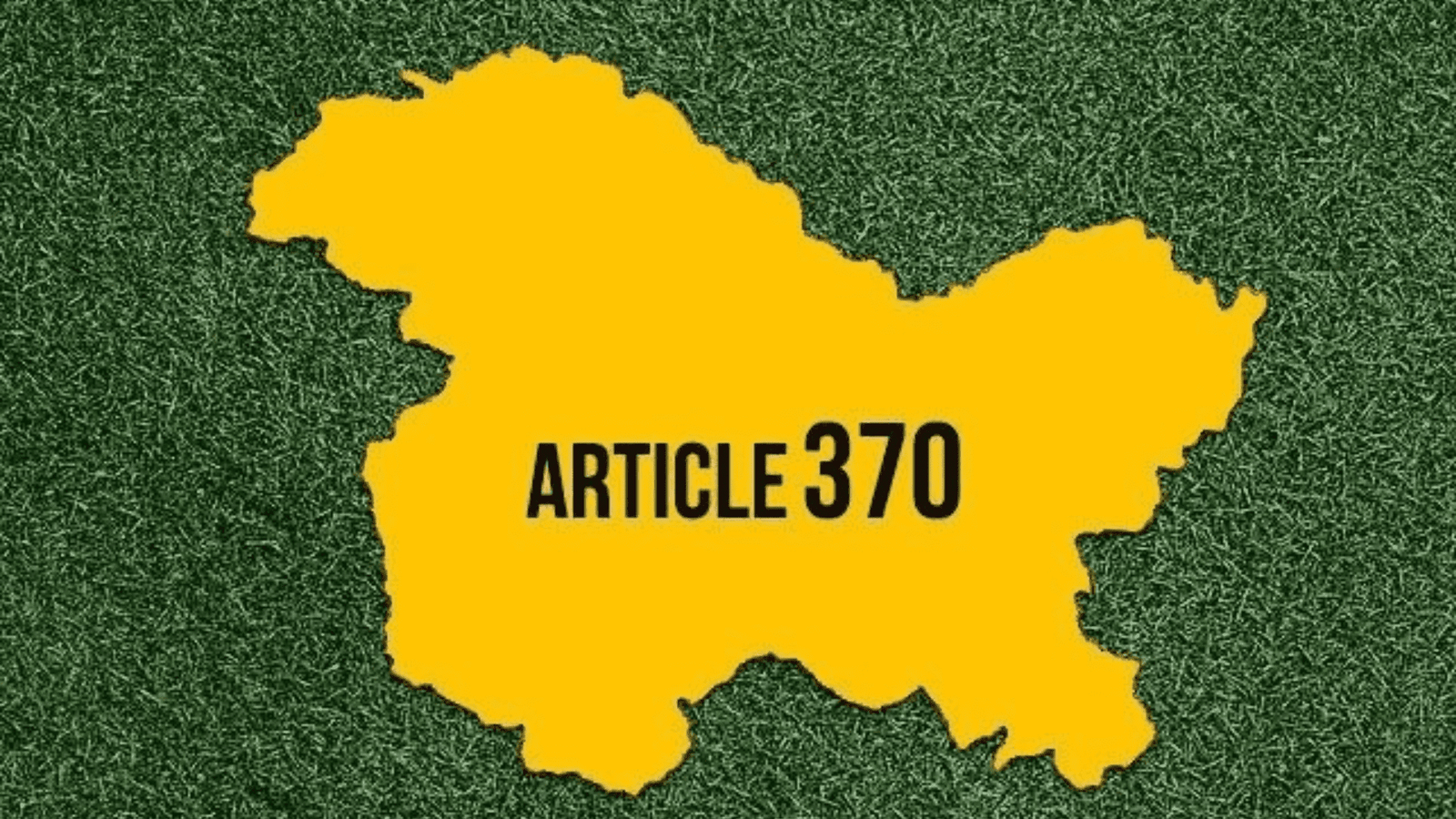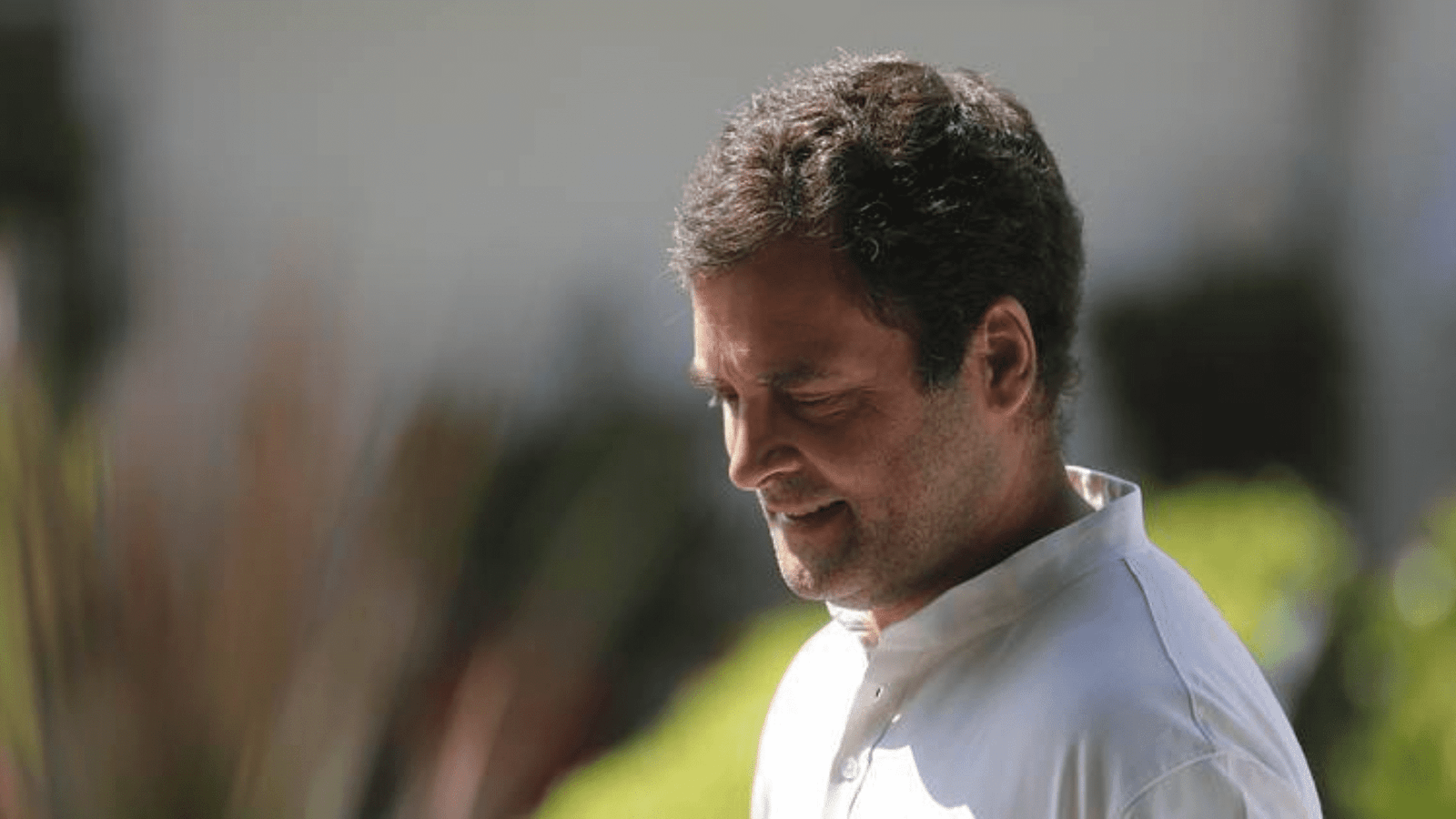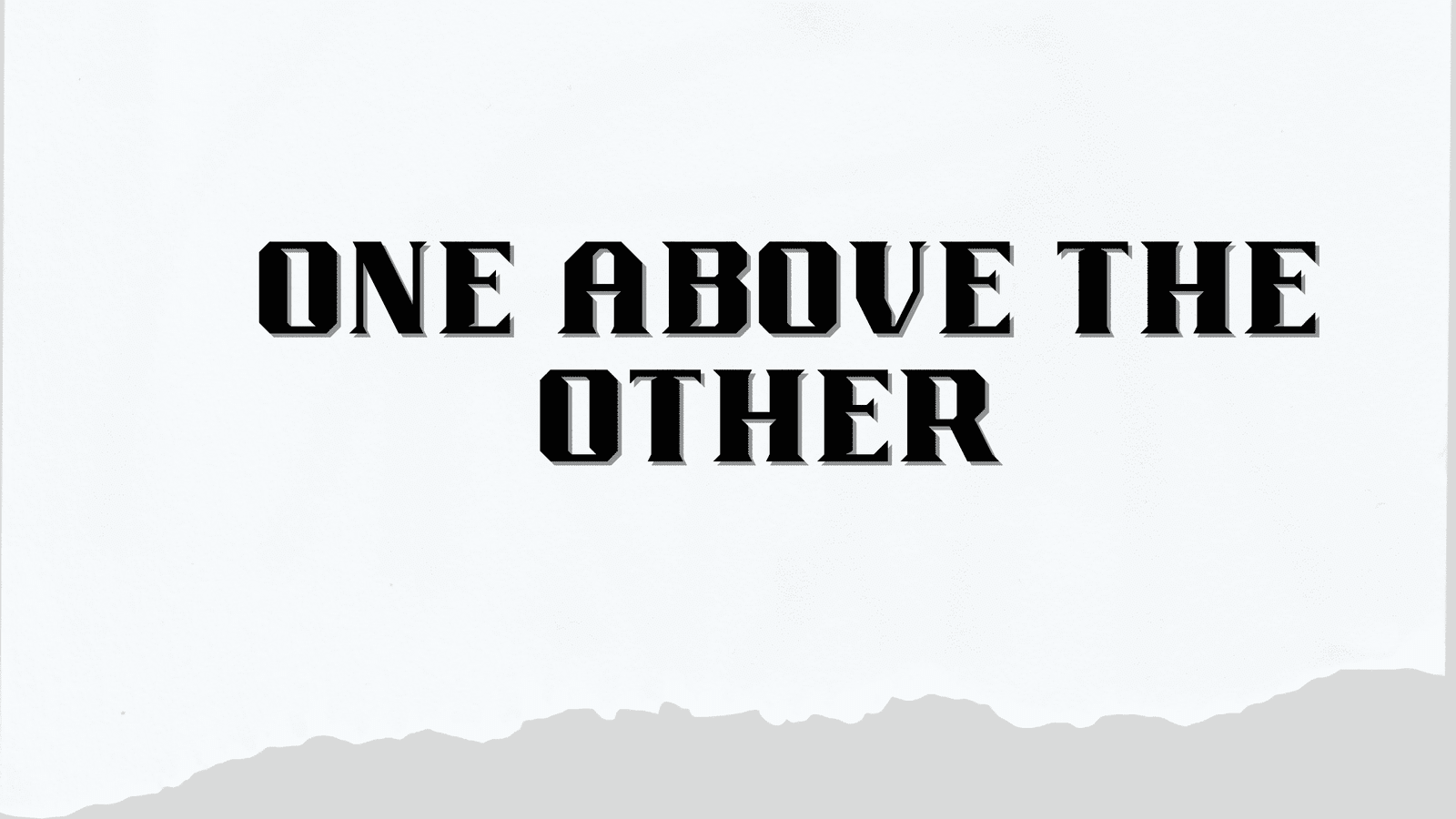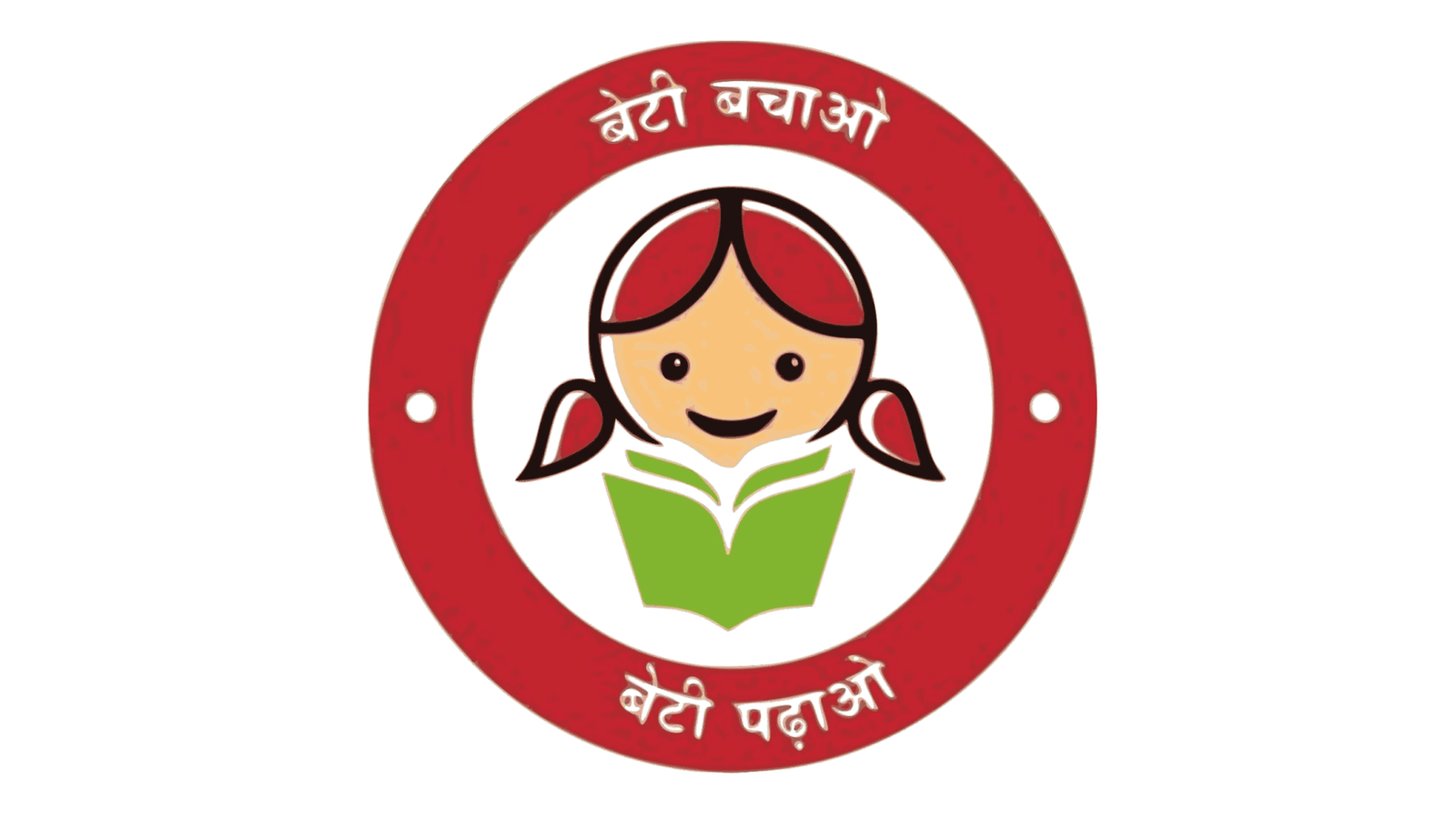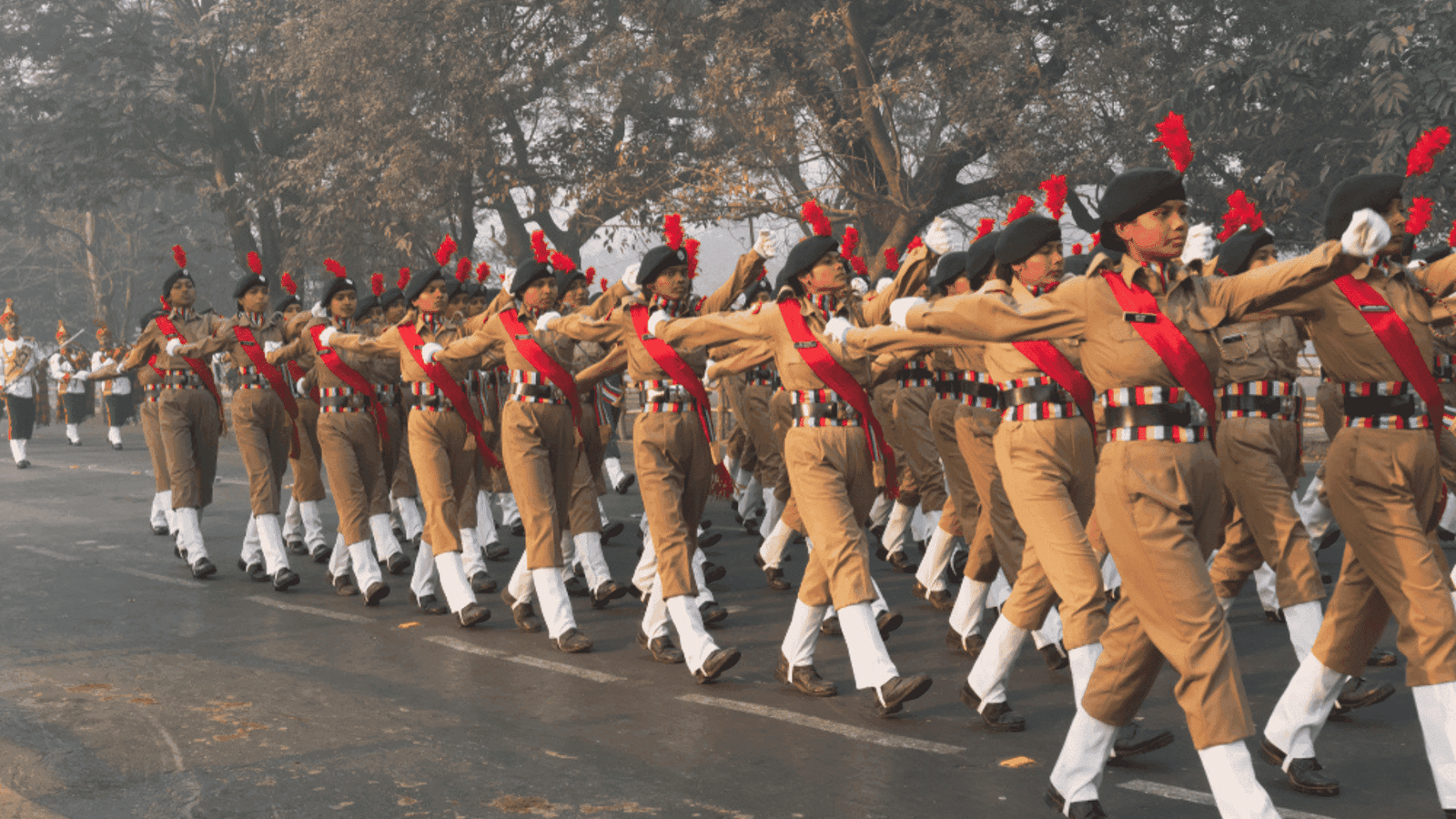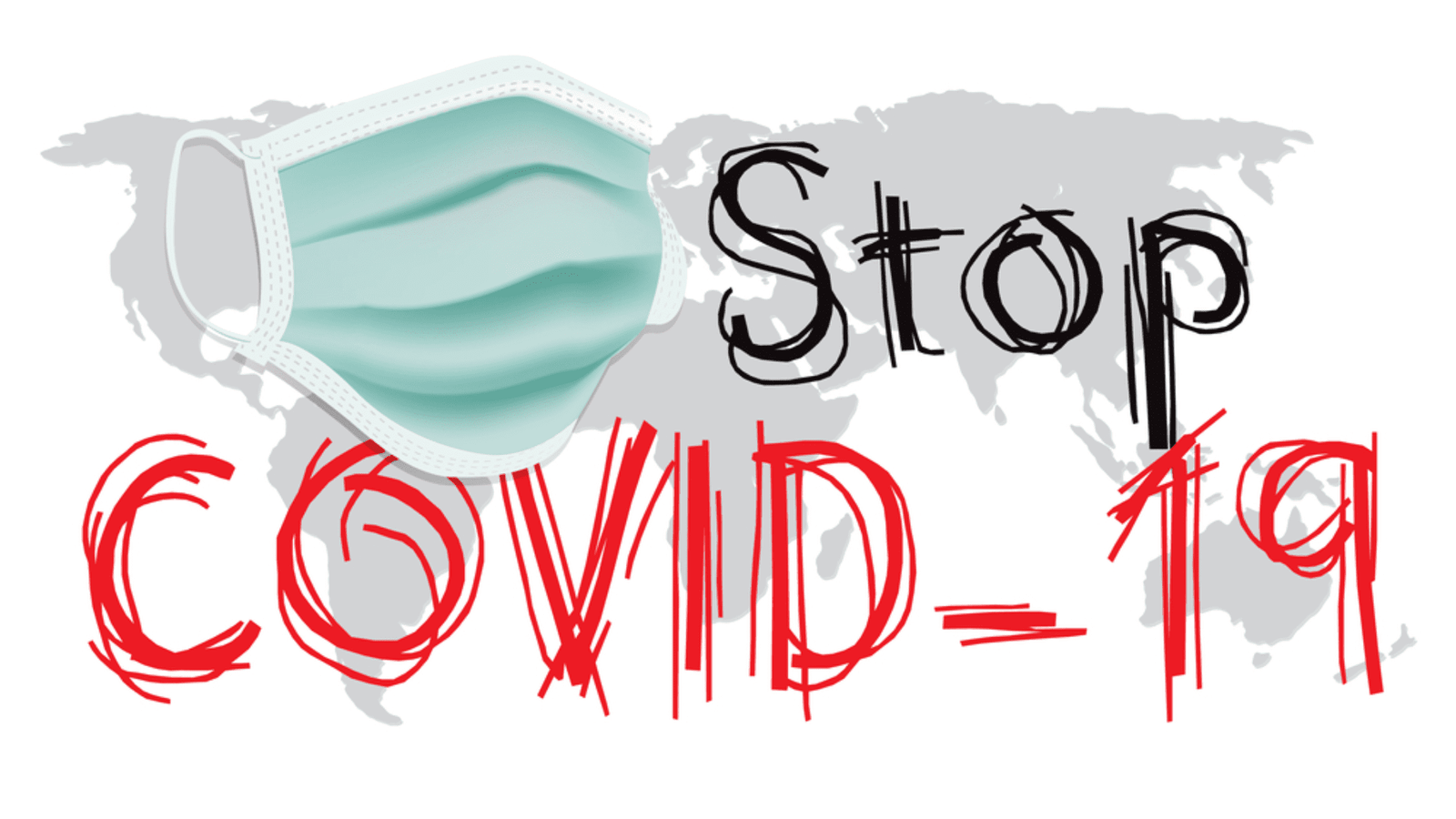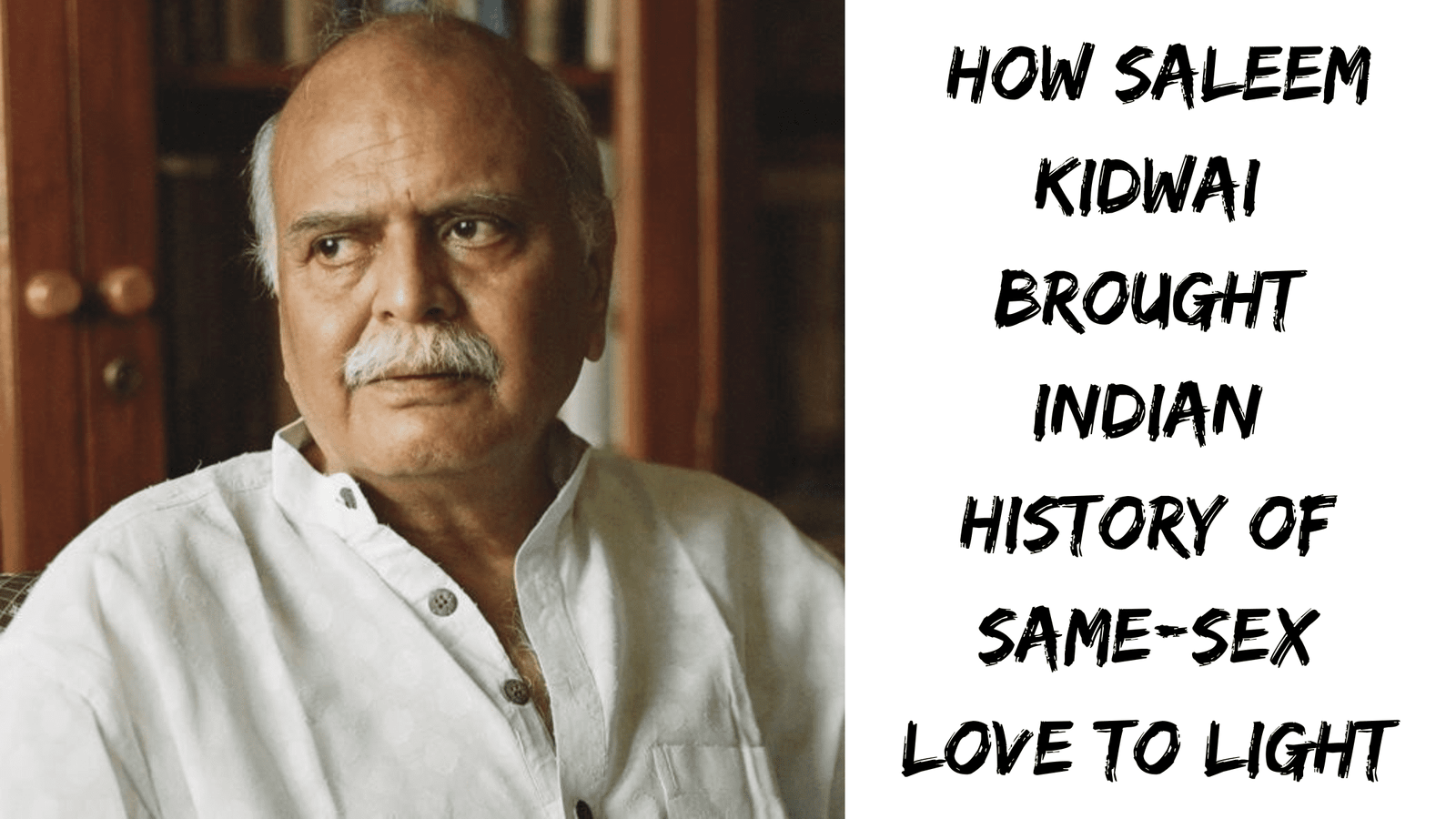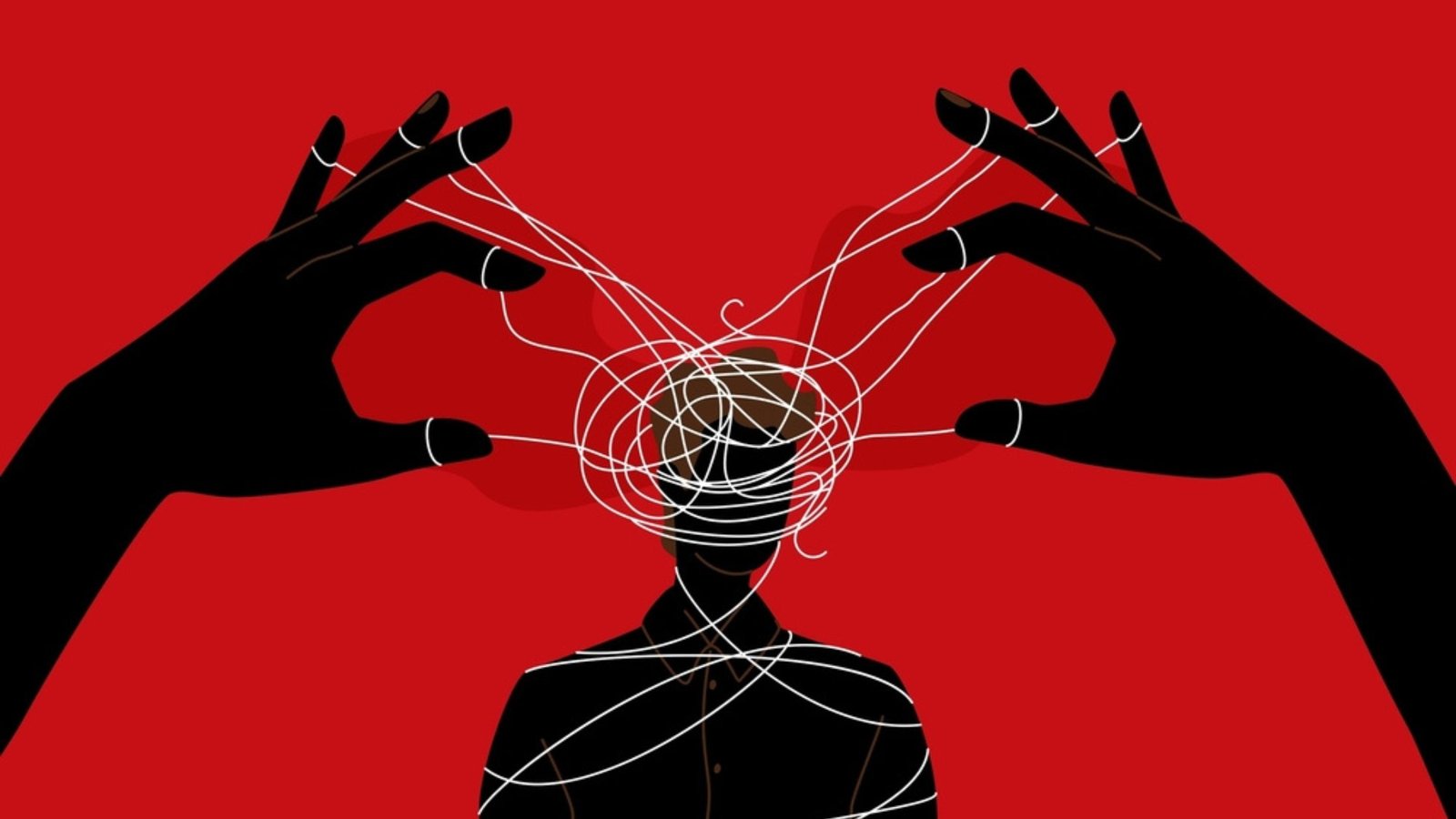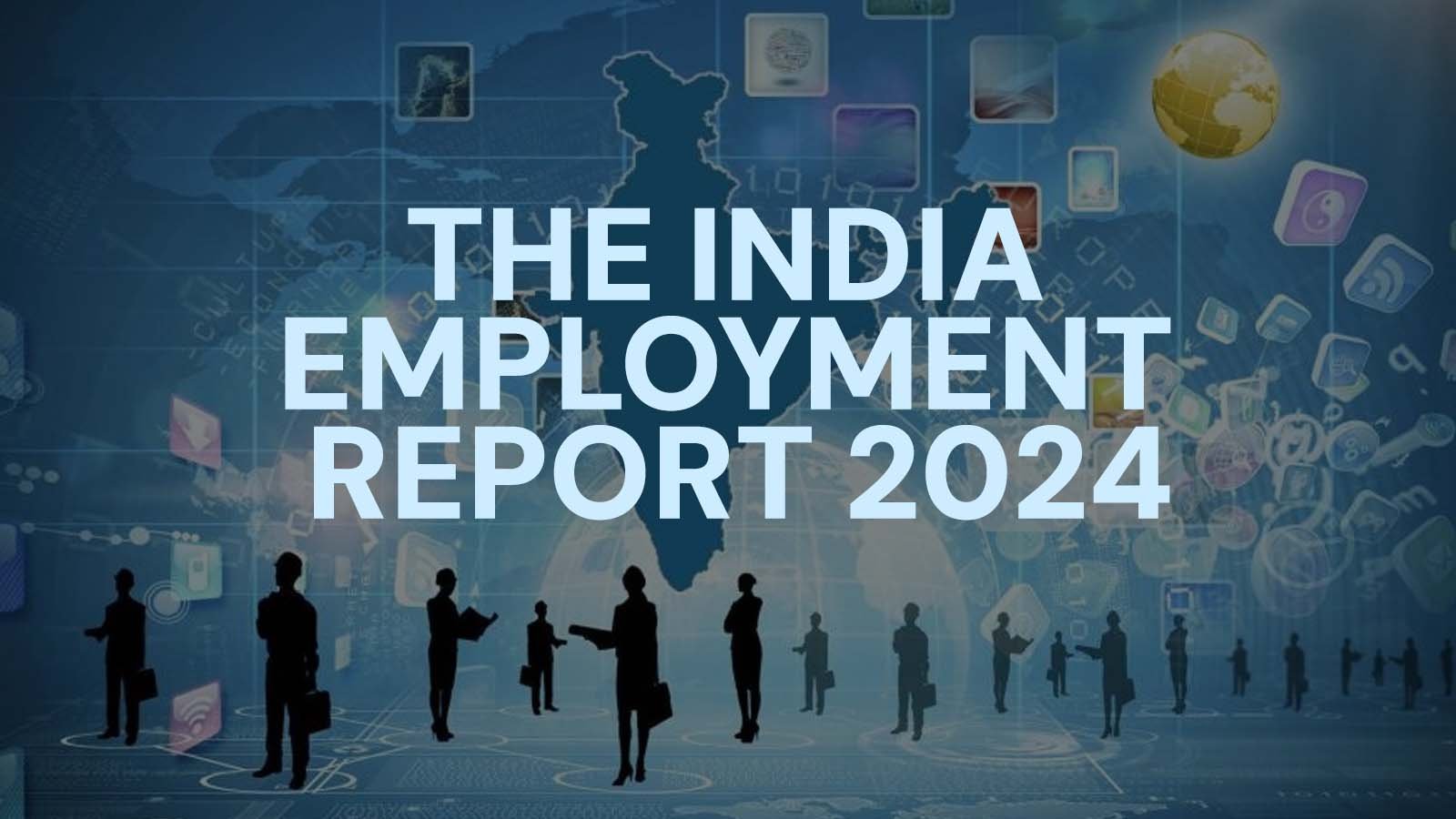
The News:
The recent changes to NCERT textbooks have sparked considerable controversy, attracting both national and international attention. Key aspects of the controversy include:
1. Content Deletions and Additions:
- The NCERT has removed references to significant historical events such as the BJP's 'rath yatra,' the Babri Masjid demolition, and the communal violence that followed. Critics argue that these omissions sanitize historical narratives and present a skewed version of events.
- Additionally, the periodic table and Darwin’s theory of evolution were also reported to have been removed from the curriculum, which led to concerns about diminishing the emphasis on scientific education. These changes were seen as undermining scientific temper and secularism.
- References to Nathuram Godse's background and connections to extremist Hindu organizations, as well as details on the government's ban on the RSS following Gandhi's assassination, have also been excised.
2. Accusations of Political Influence:
- Critics claim that the textbook revisions are part of a broader agenda to saffronize education by promoting a particular ideological perspective. This includes emphasizing ancient Indian knowledge systems and downplaying periods and events that do not align with the current political narrative.
3. International and National Reactions:
- The changes have prompted reactions from educationalists, scientists, and historians, both in India and abroad. Concerns have been raised about the long-term impact on students' understanding of history and science. Various media outlets and scientific communities have voiced their apprehensions regarding the omission of critical scientific theories and historical events.
Rationale and Defence by NCERT:
- The NCERT and government officials defend the changes as necessary updates to reflect contemporary realities and to streamline the curriculum. They emphasize that the revisions aim to reduce redundancy, simplify learning, and make education more relevant to current times.
- Officials assert that the process is guided by educational and pedagogical experts without any political interference. The goal is to avoid creating "depressed citizens" by focusing on more positive aspects of history and society.
Counter-opinion:
- According to S. Irfan Habib, the rewriting of history is in line with the ruling Party’s attempts to impose its Hindu nationalist propaganda.
- Many sociologists argue that these deletions erase critical parts of India's historical narrative, potentially creating a skewed understanding of the nation's past. For example, the removal of content about the struggles of Scheduled Caste and Scheduled Tribe communities may downplay significant social issues and movements.
- According to Audrey Truschke, a historian at Rutgers University, "erasing Mughals from textbooks does not erase them from India’s history". According to Aditya Mukherjee, a professor of contemporary Indian history, the removal of Mughal history from the textbook was an attempt to erase the history of a particular community, which is usually followed by a genocide of the community.
- According to Suhas Palshikar, a political scientist, the deletion exercise is an "act of rewriting" adding that the people in power intend "not to mention inconvenient facts".
- Around 1800 scientists, educators, science teachers, science popularizers, and citizens from various reputable institutions criticized the removal of Darwin's theory of evolution from NCERT textbooks, saying that the purging of foundational science chapters would seriously handicap students' thought processes.
